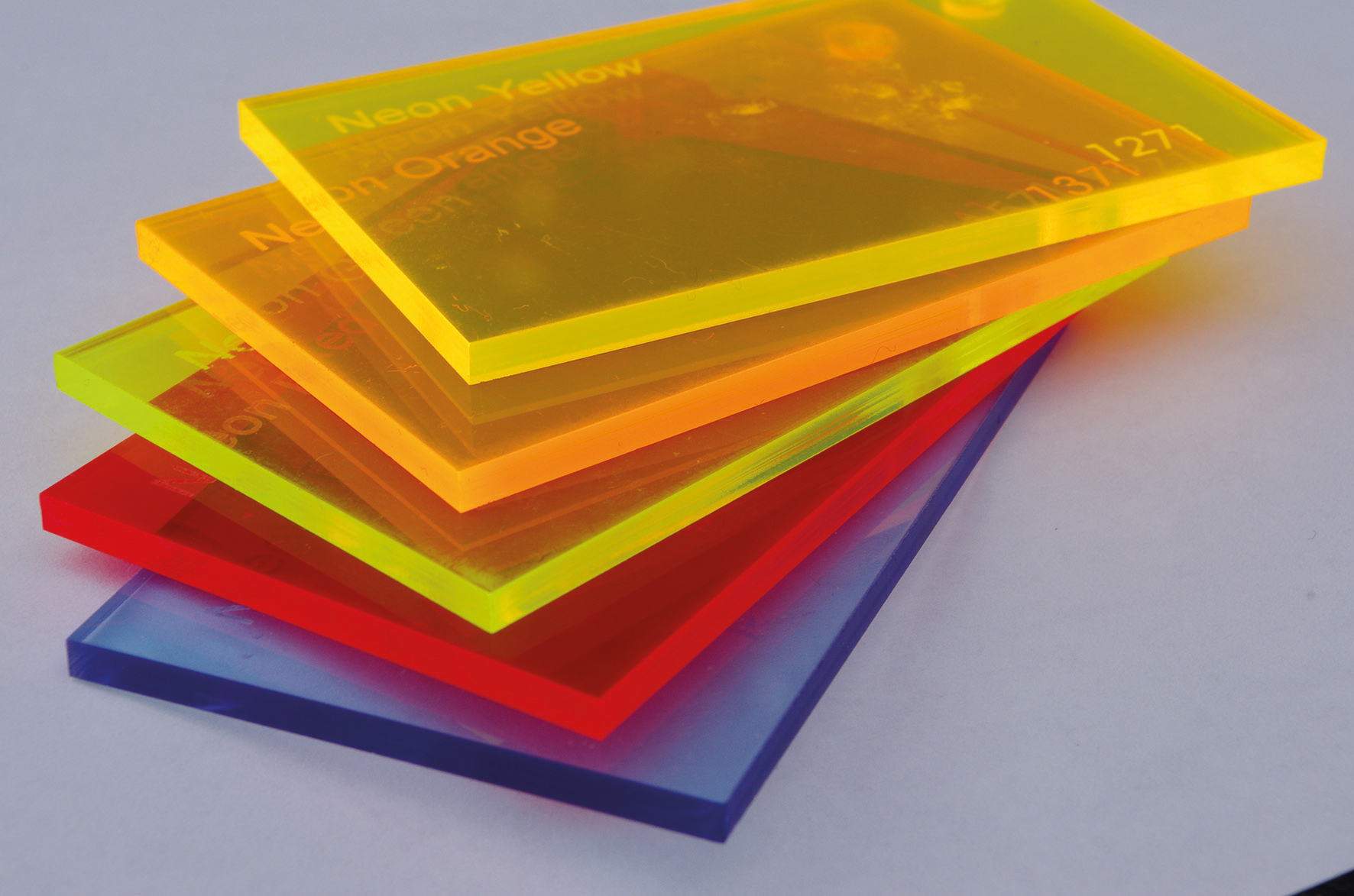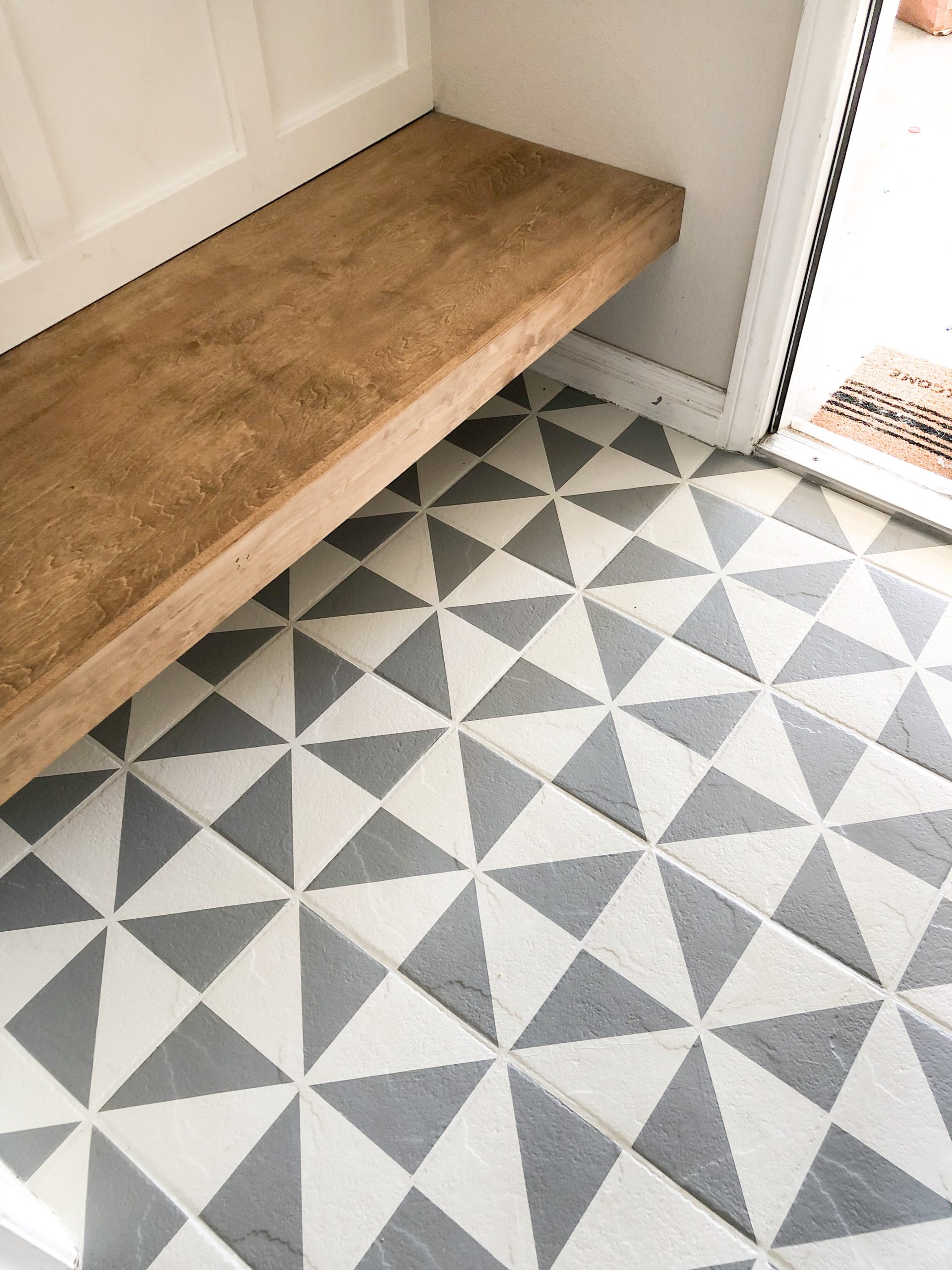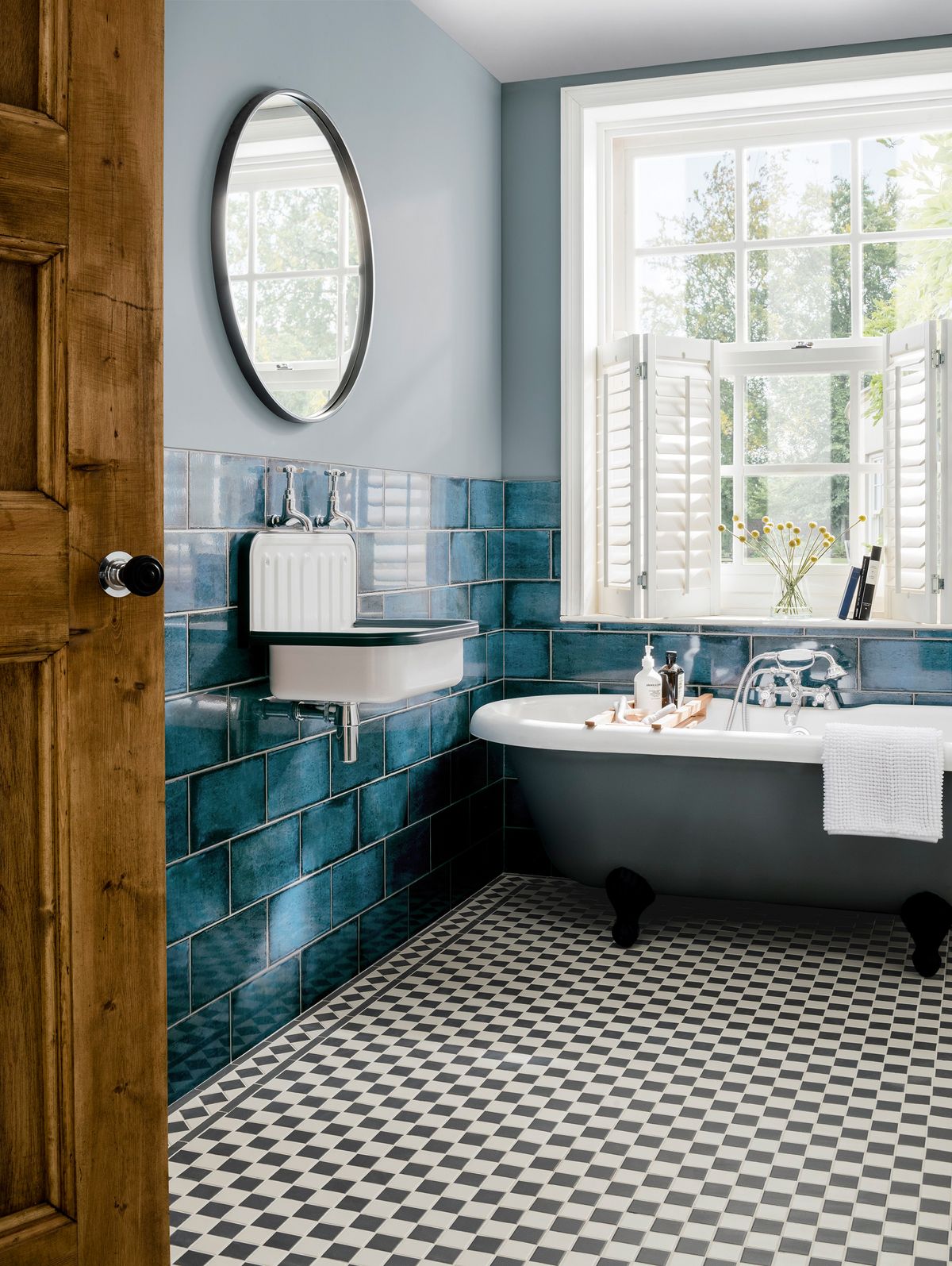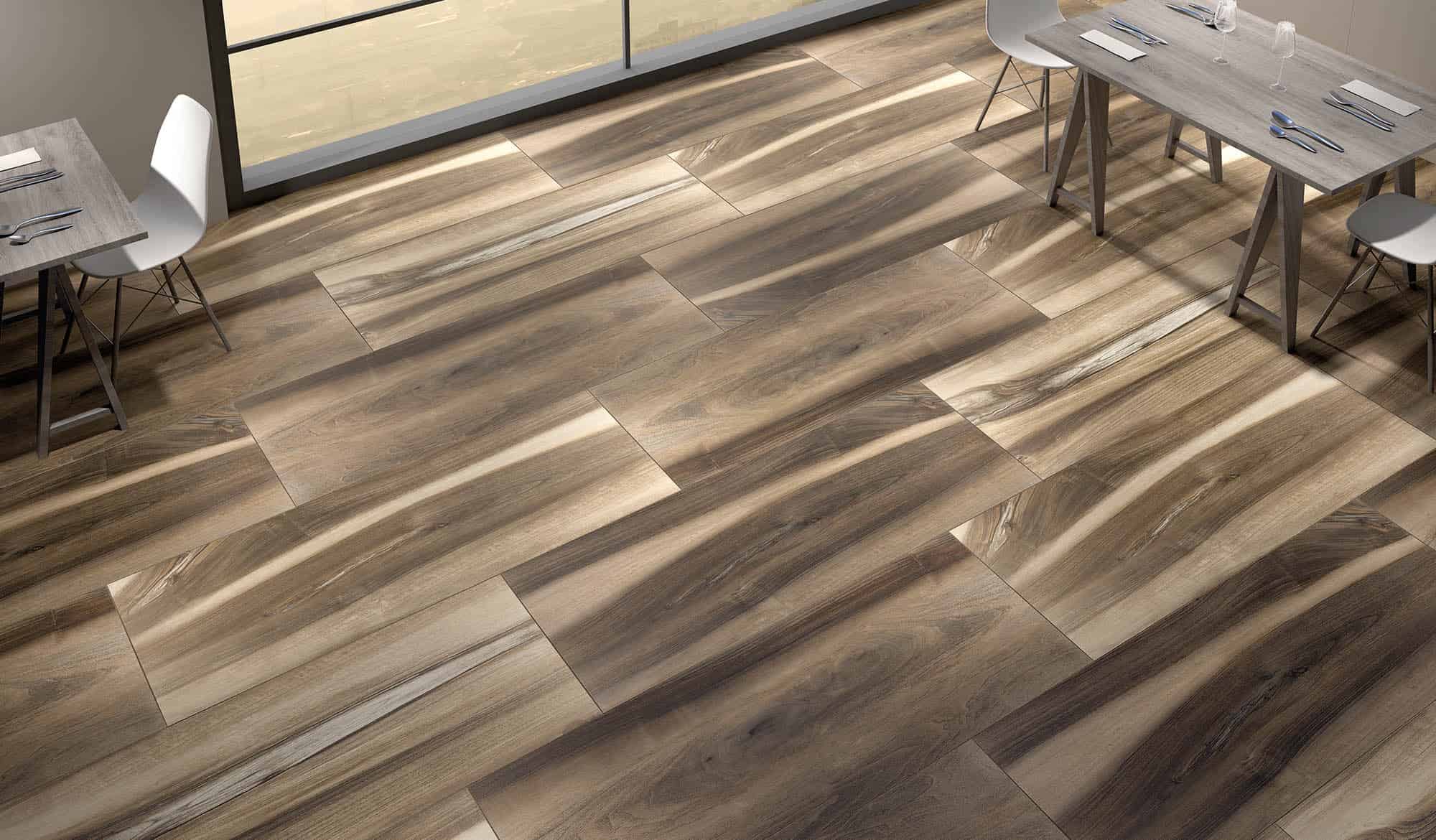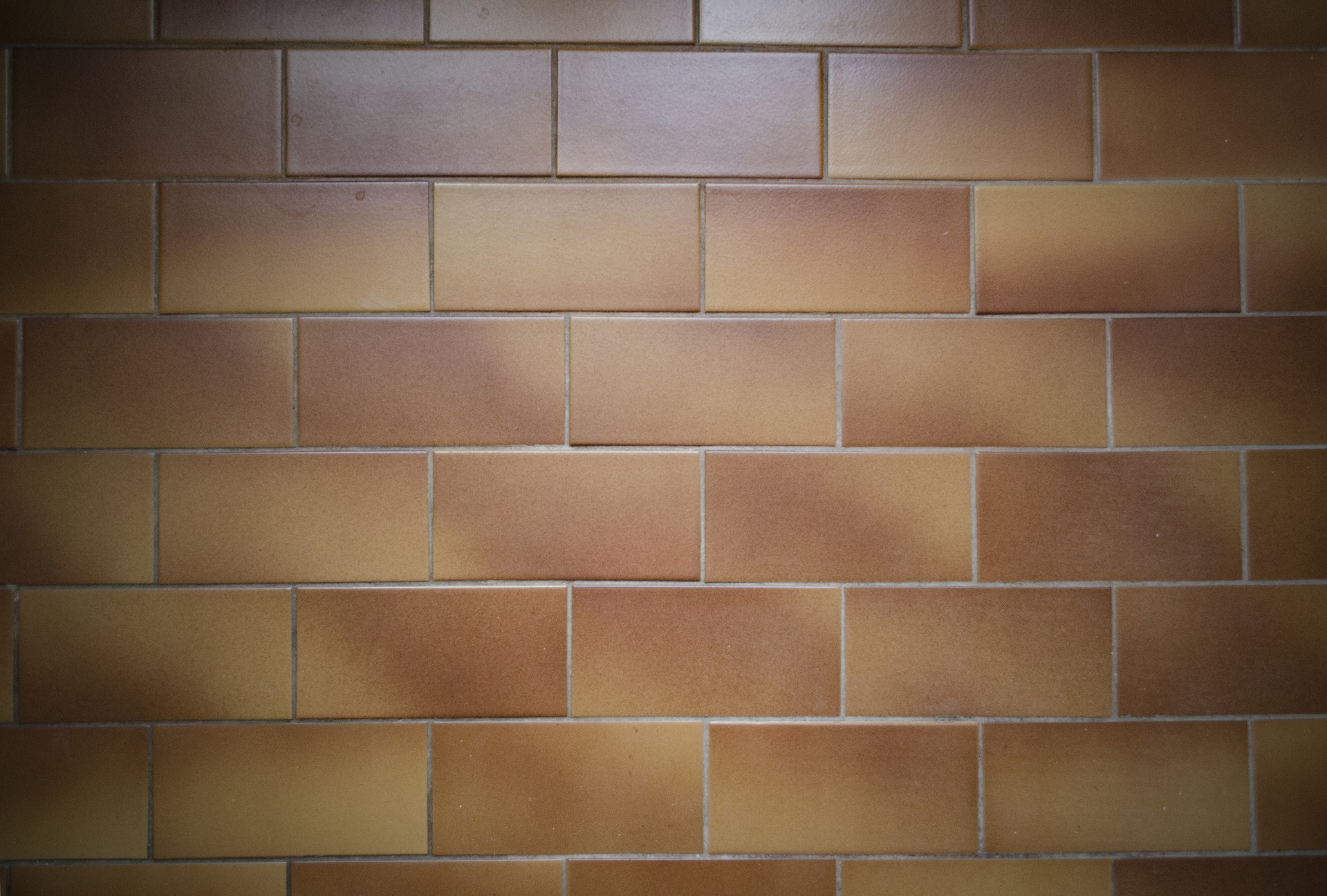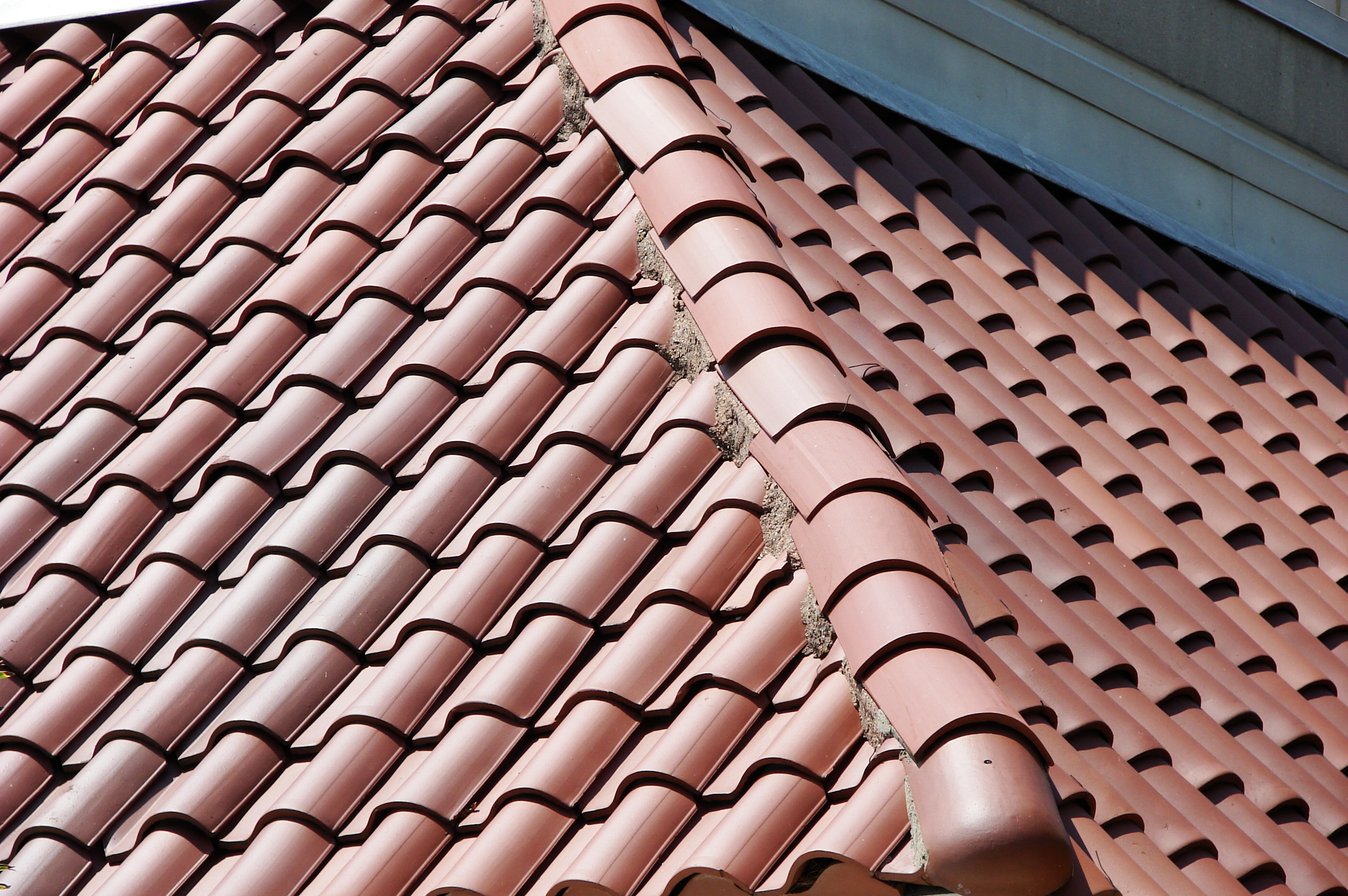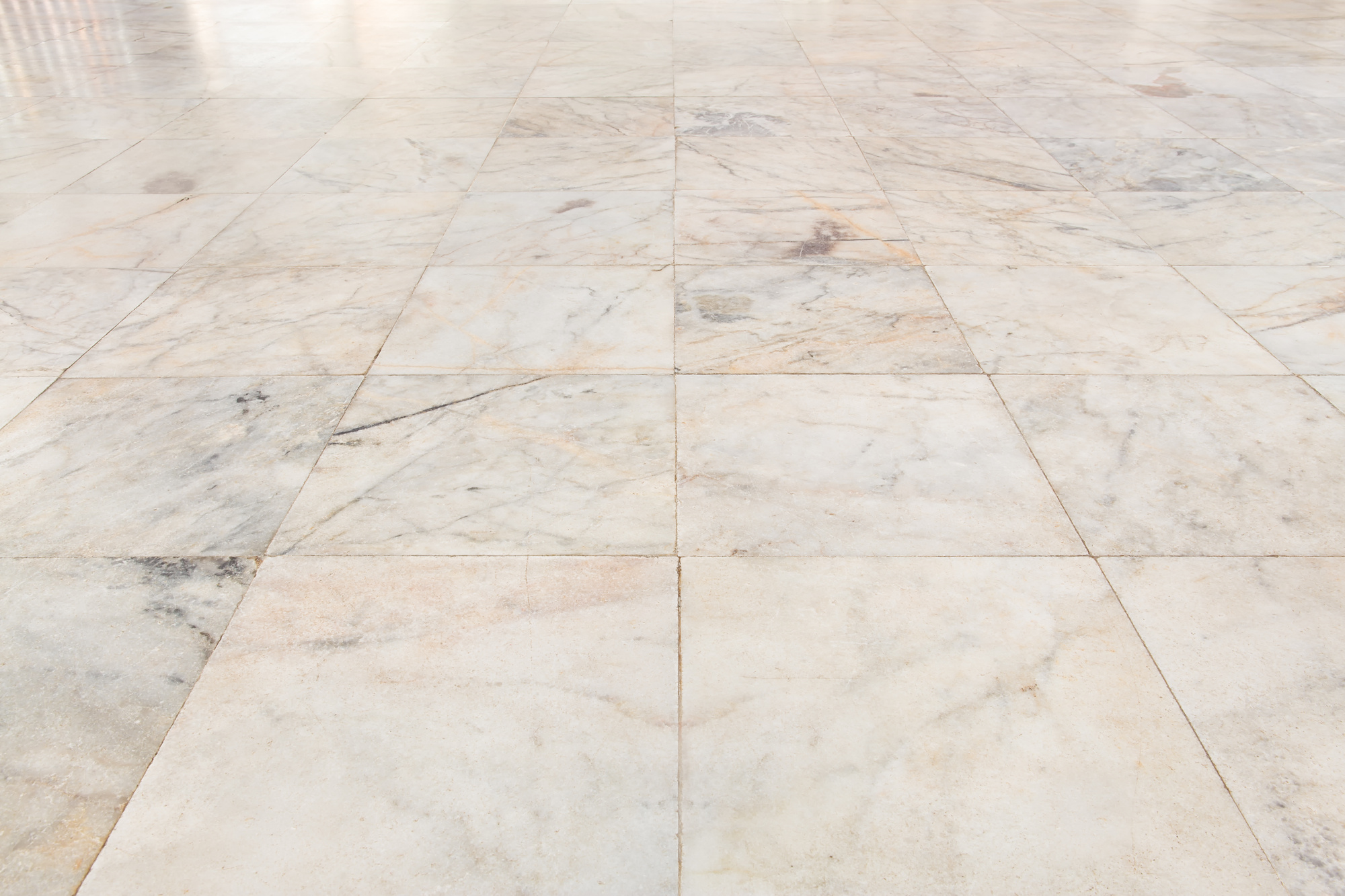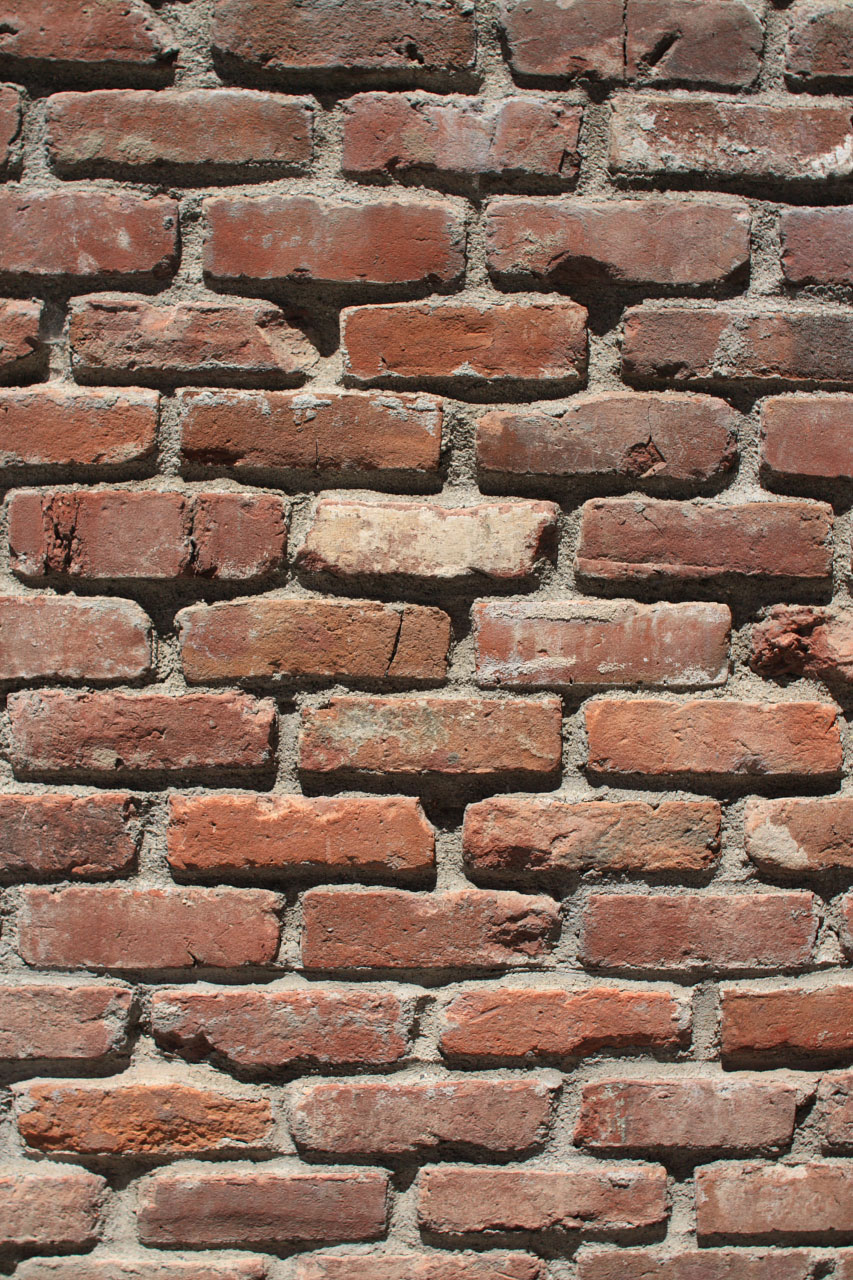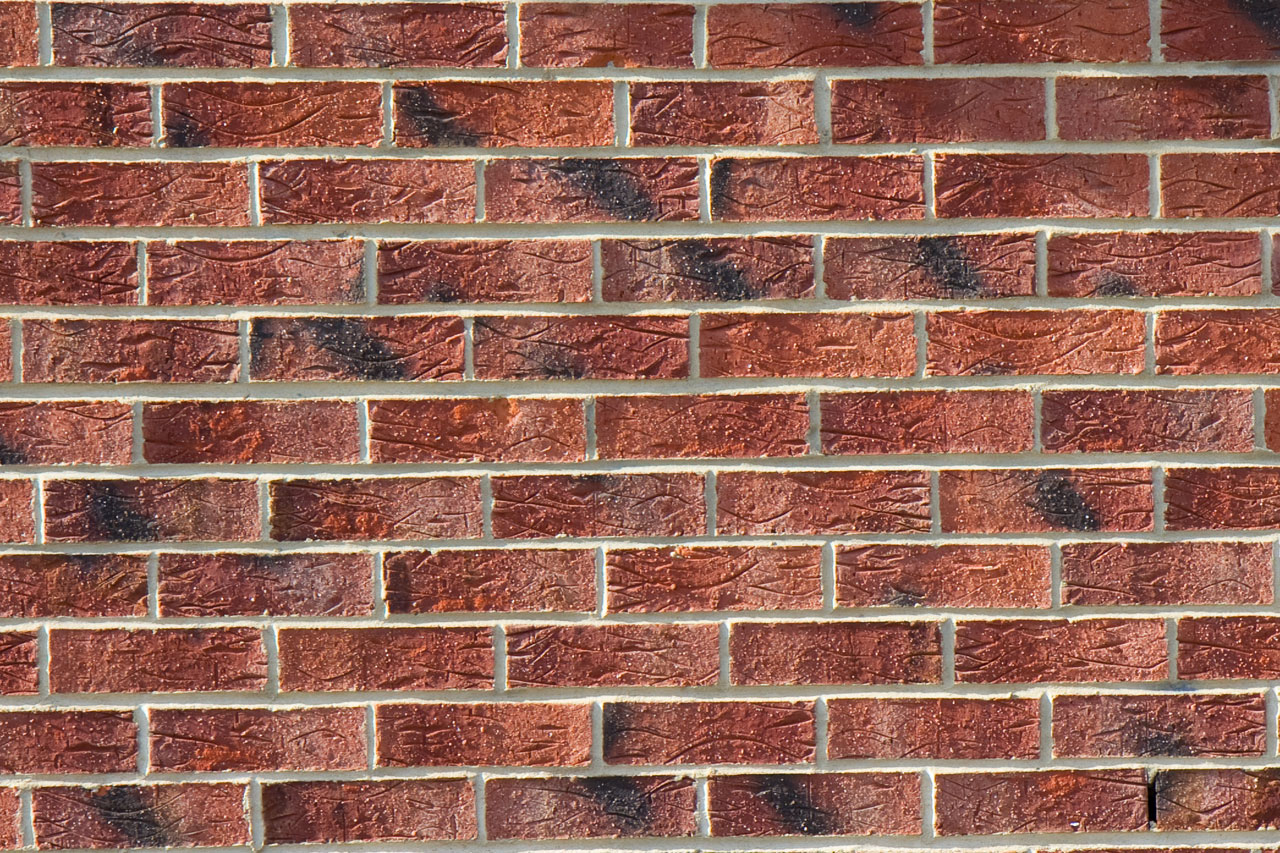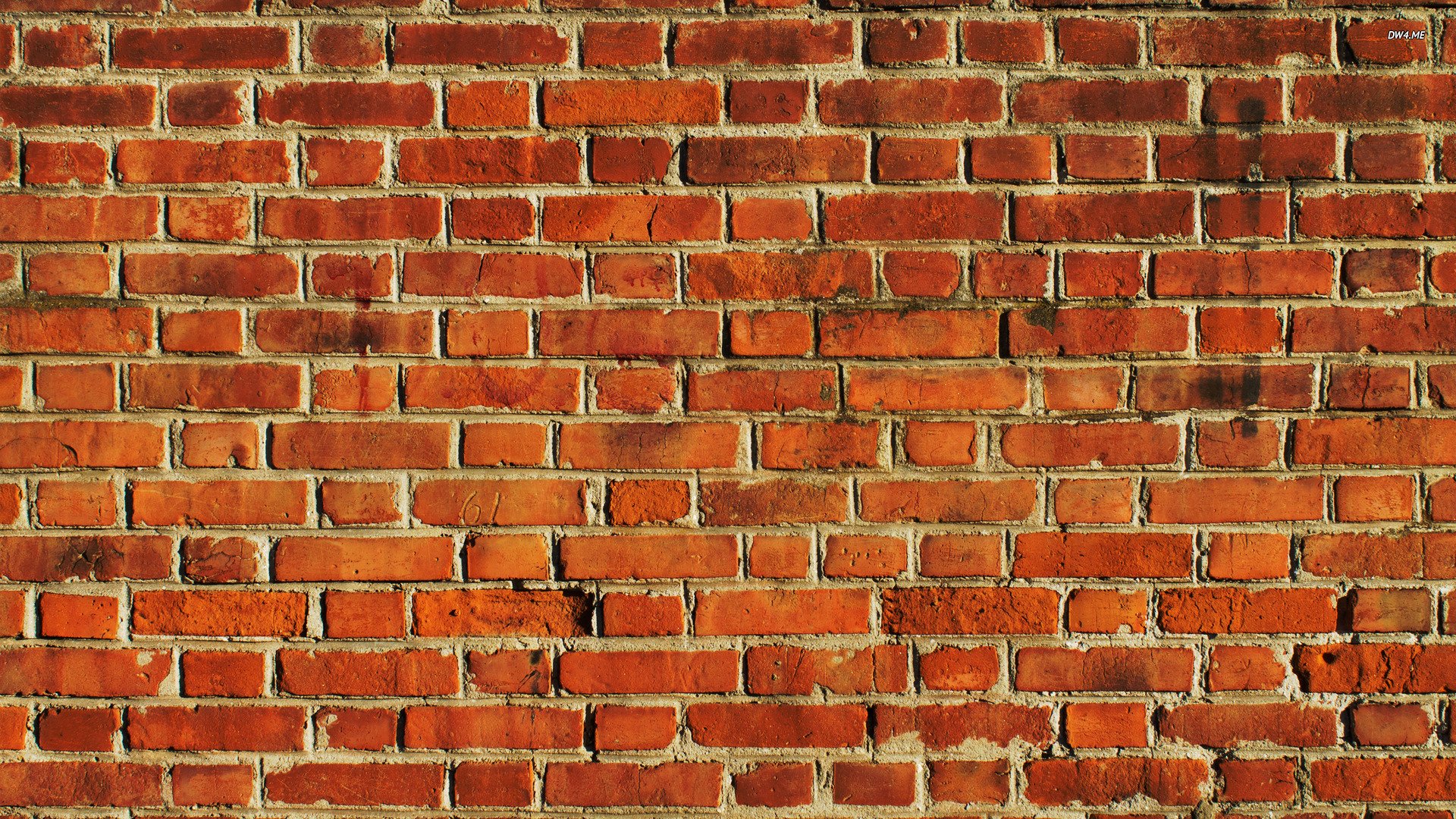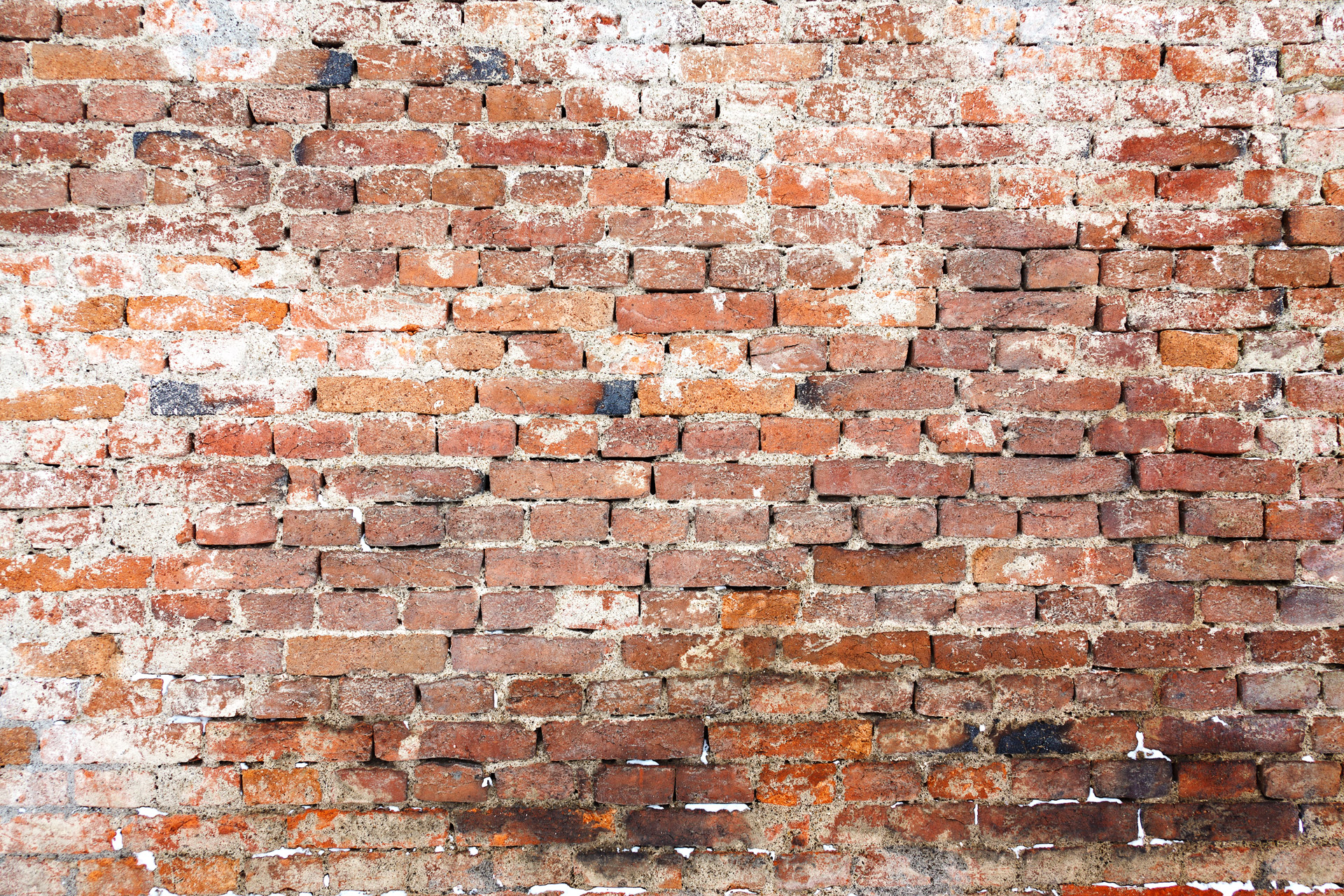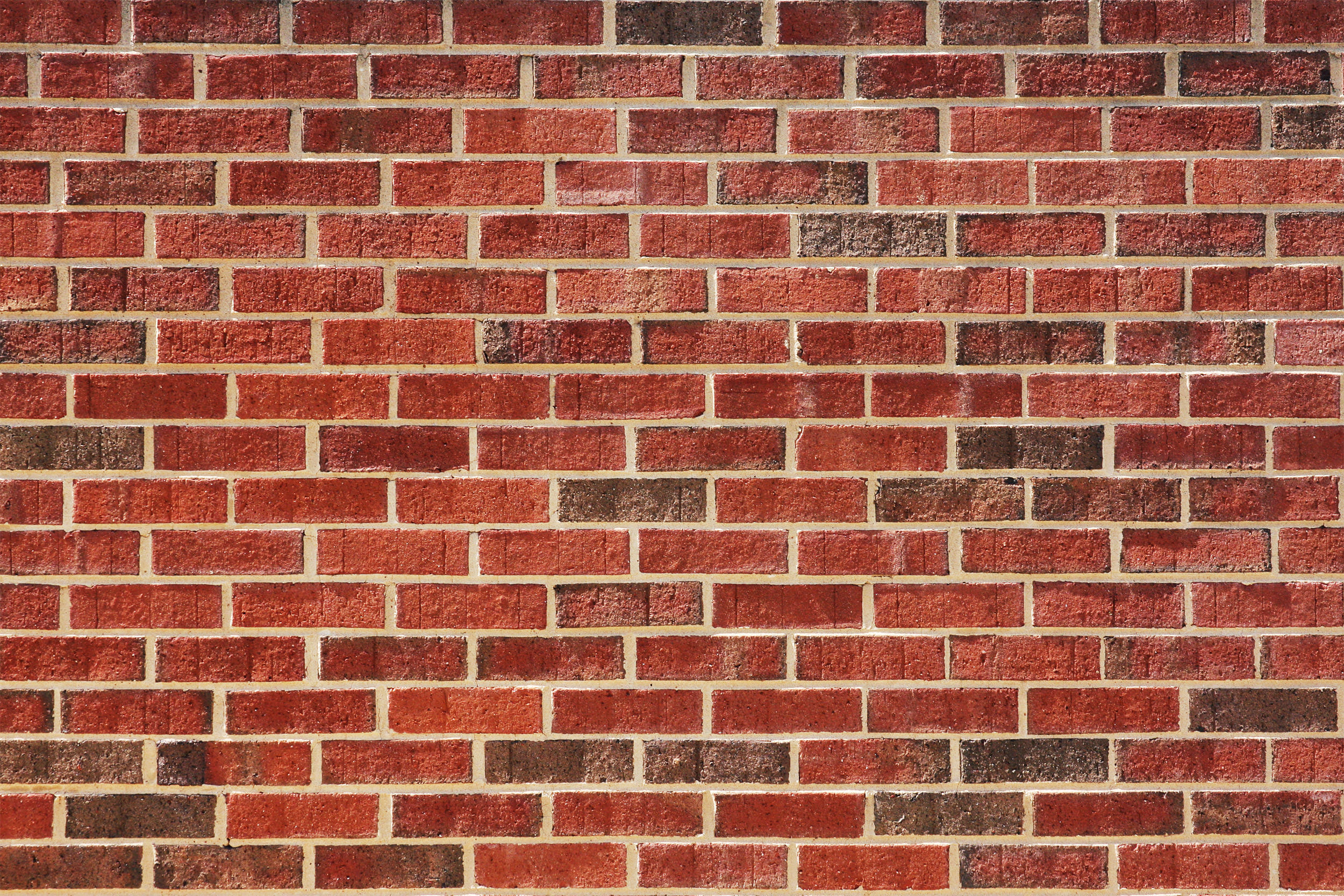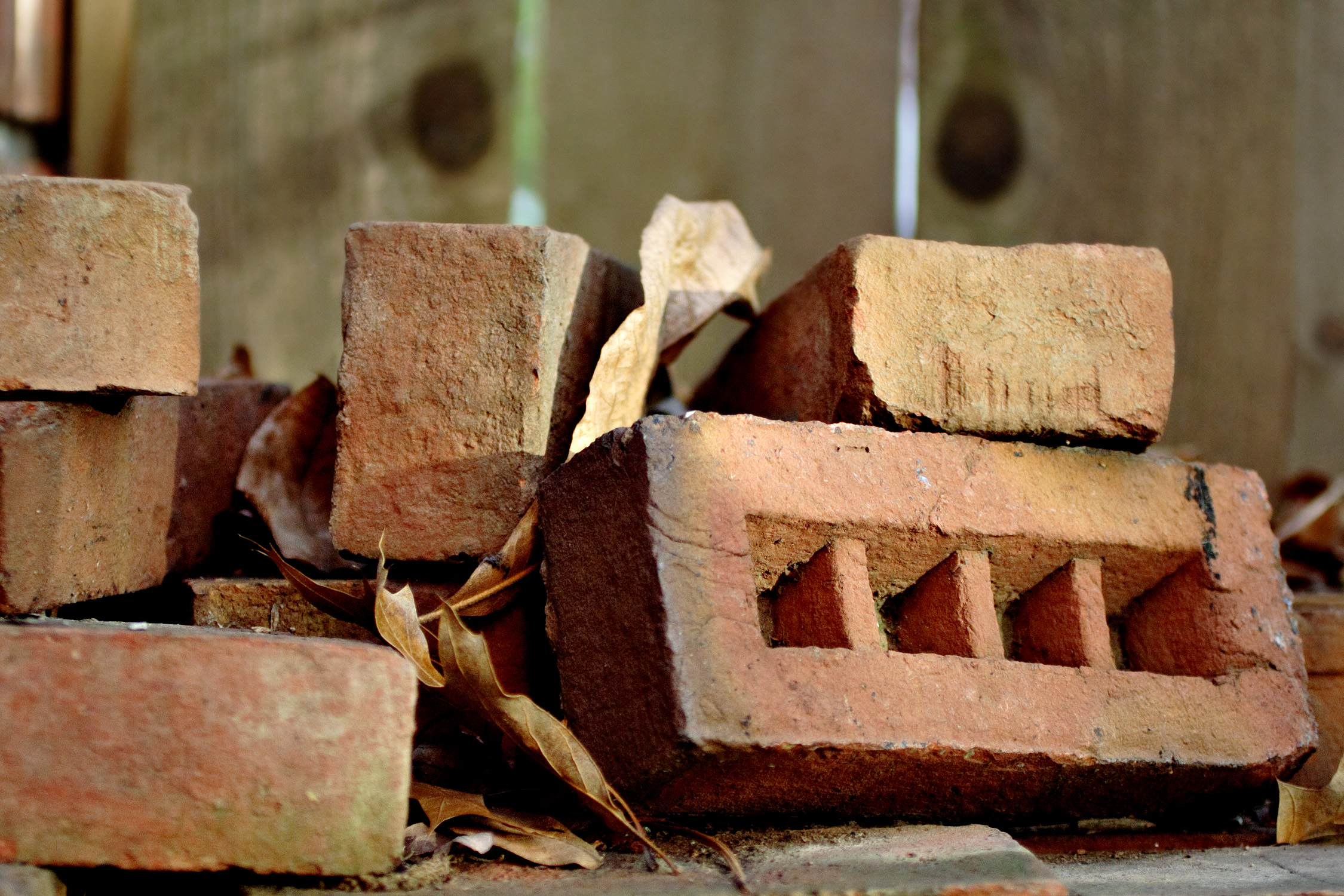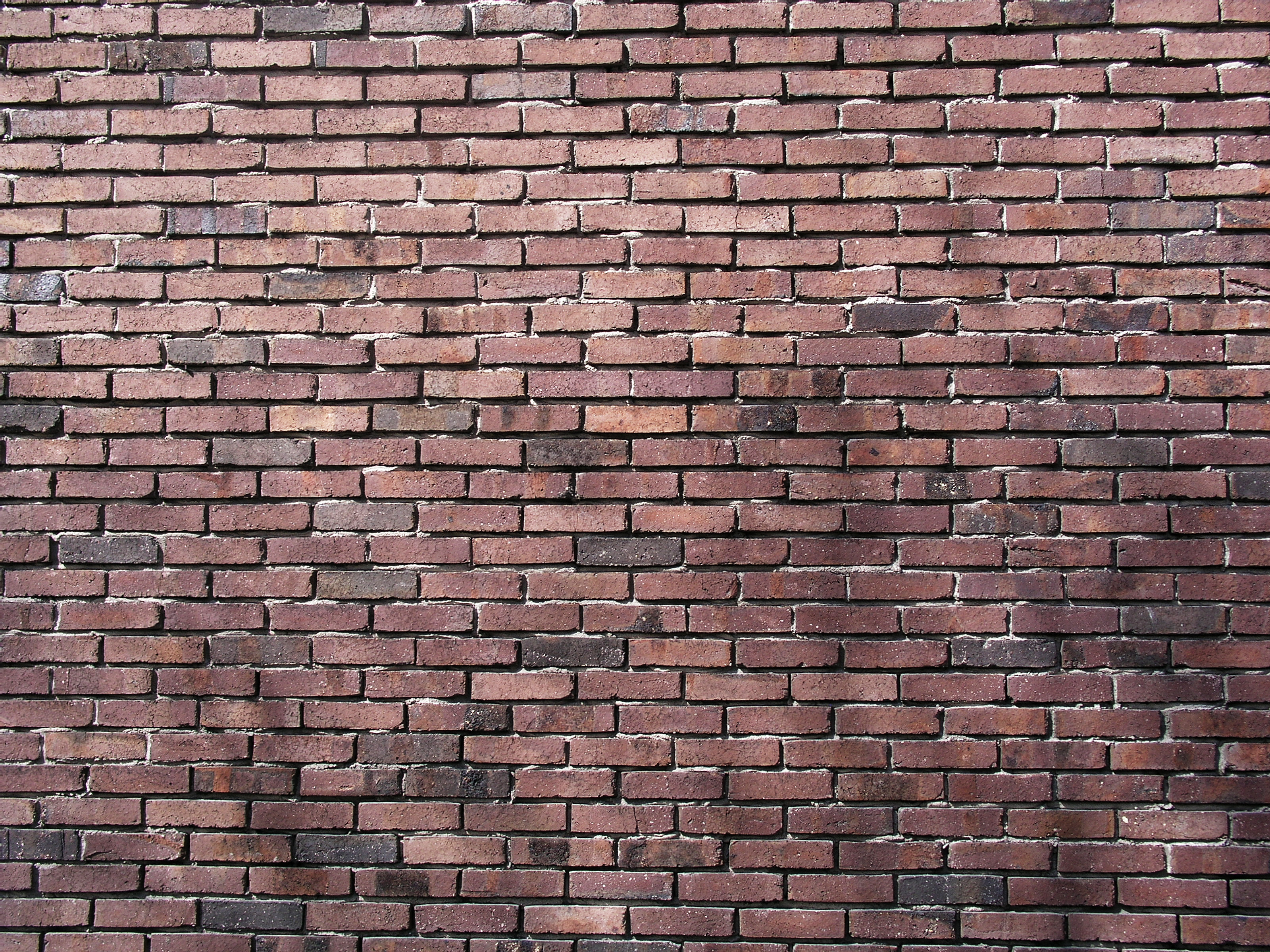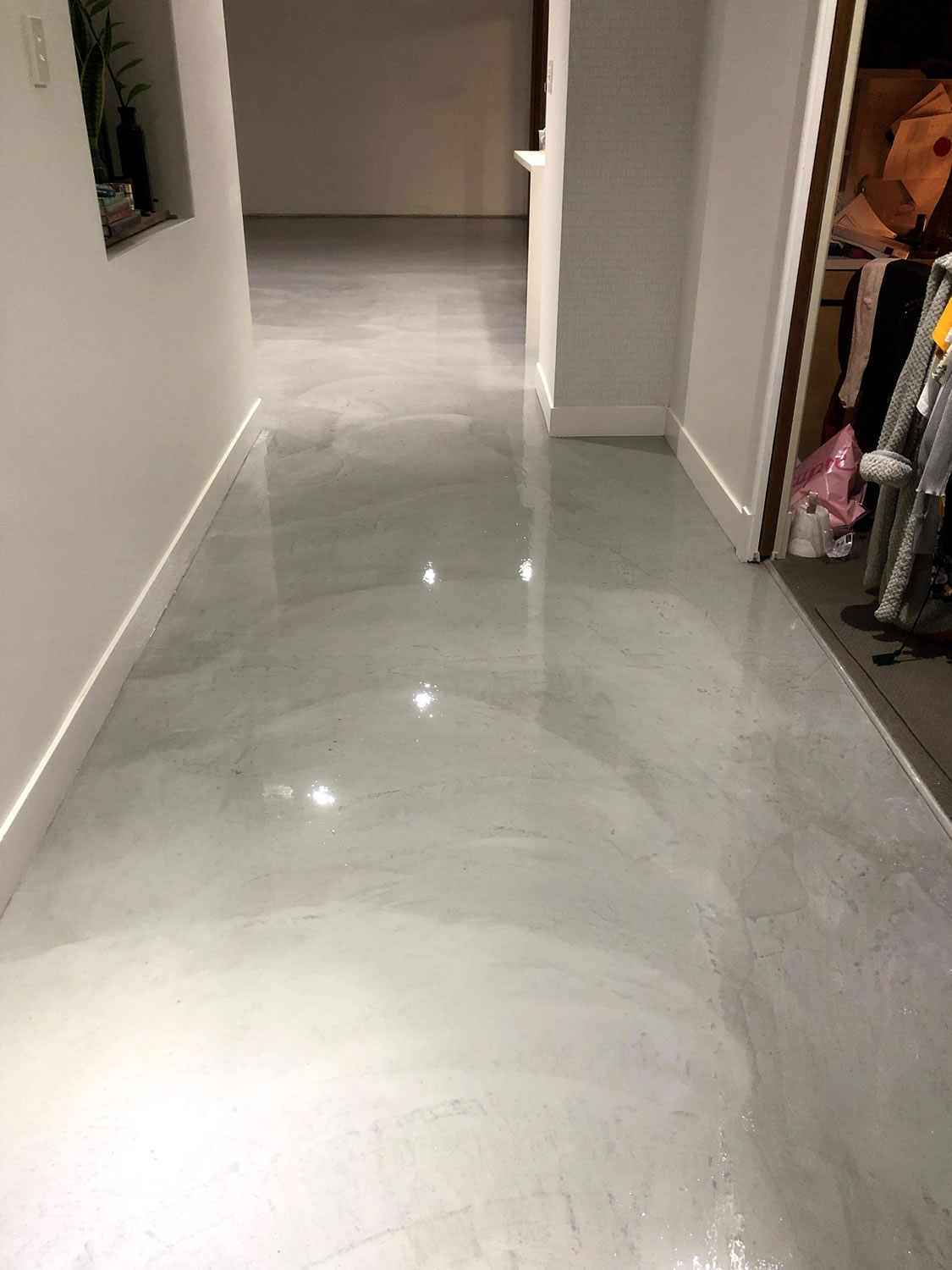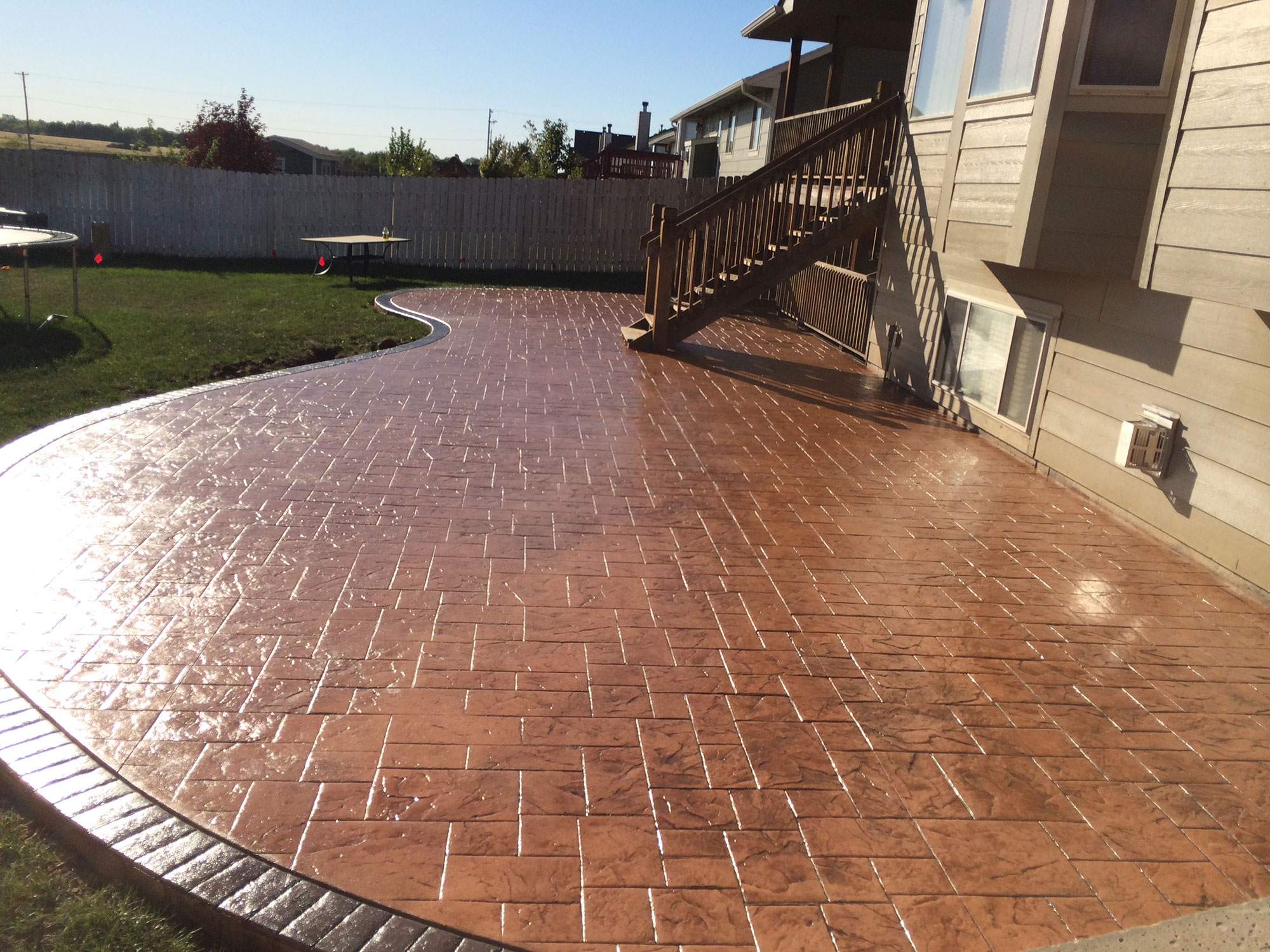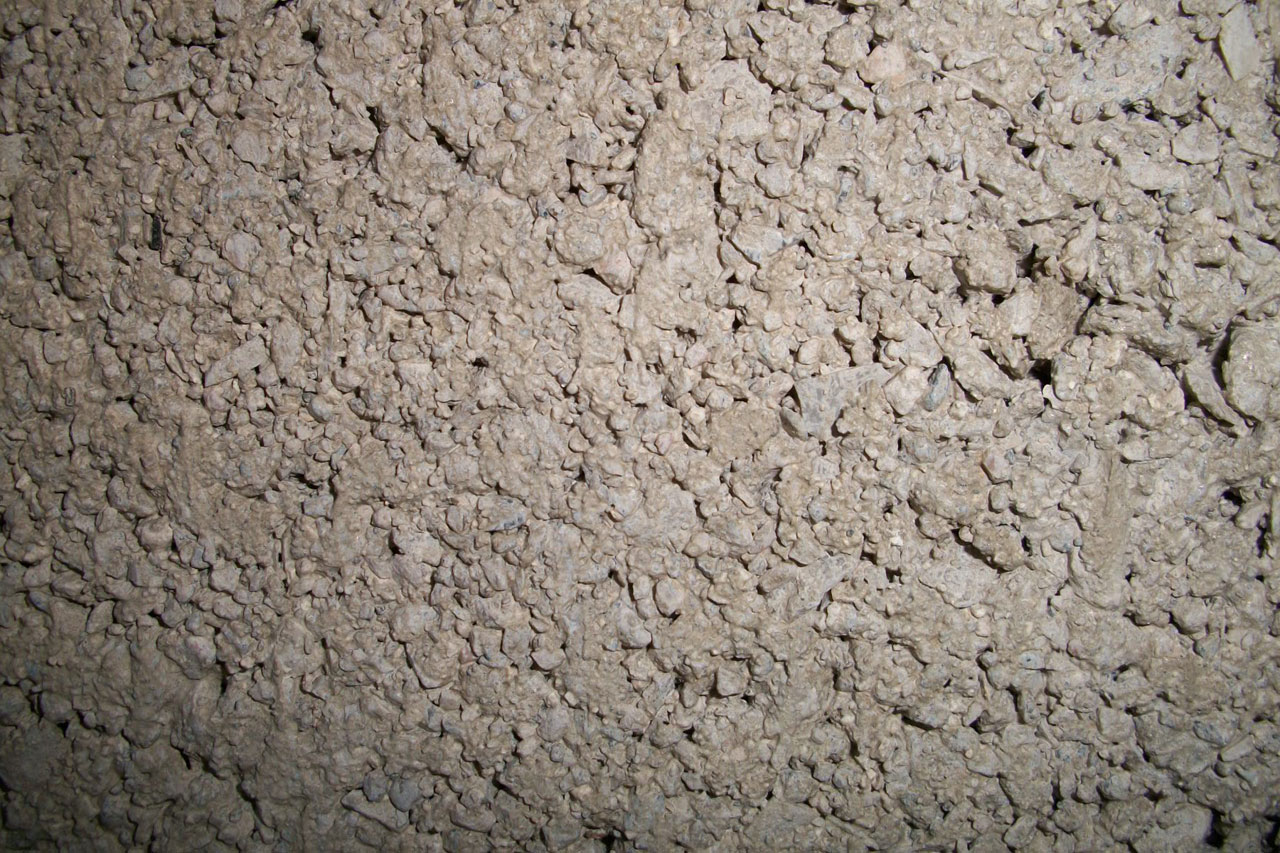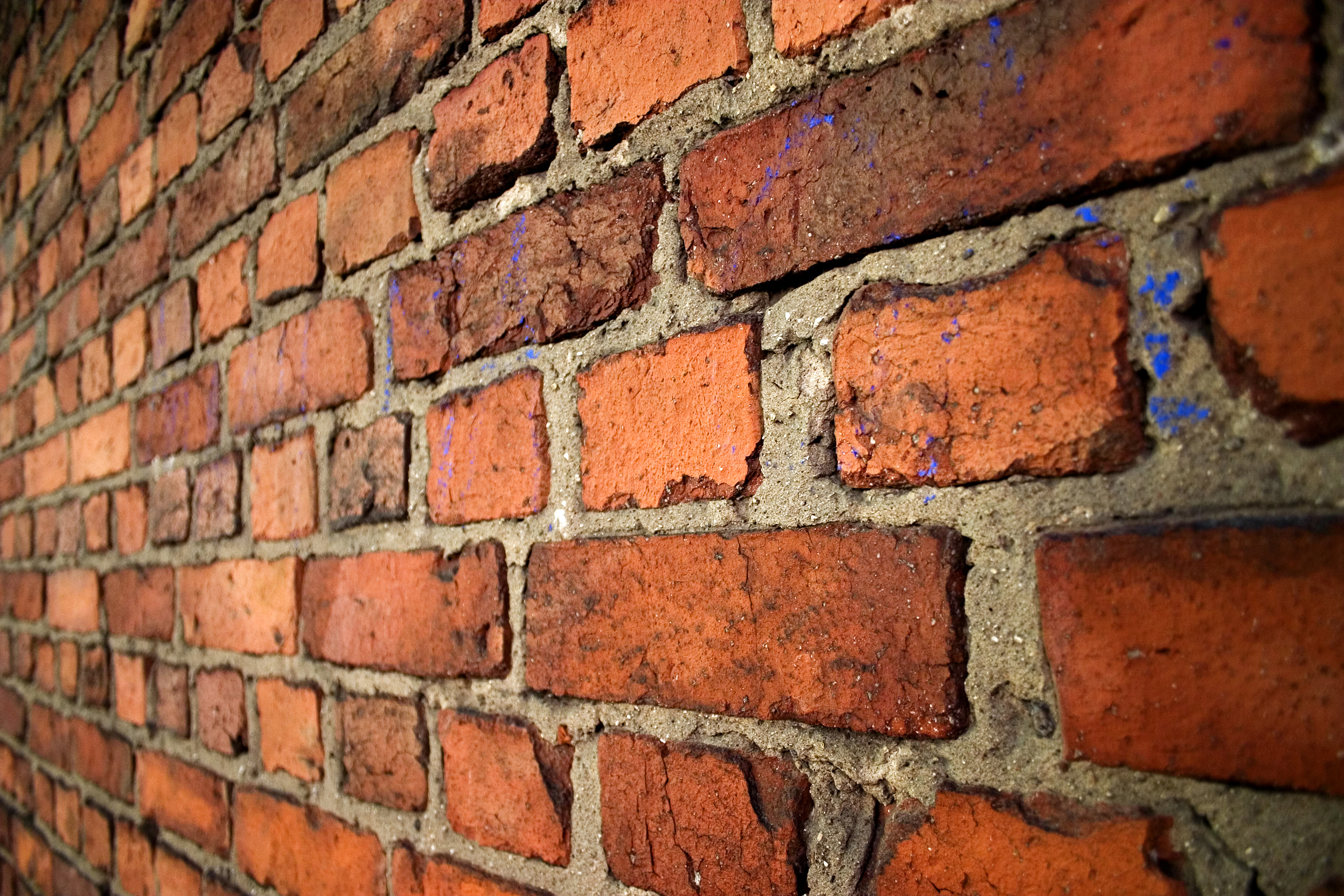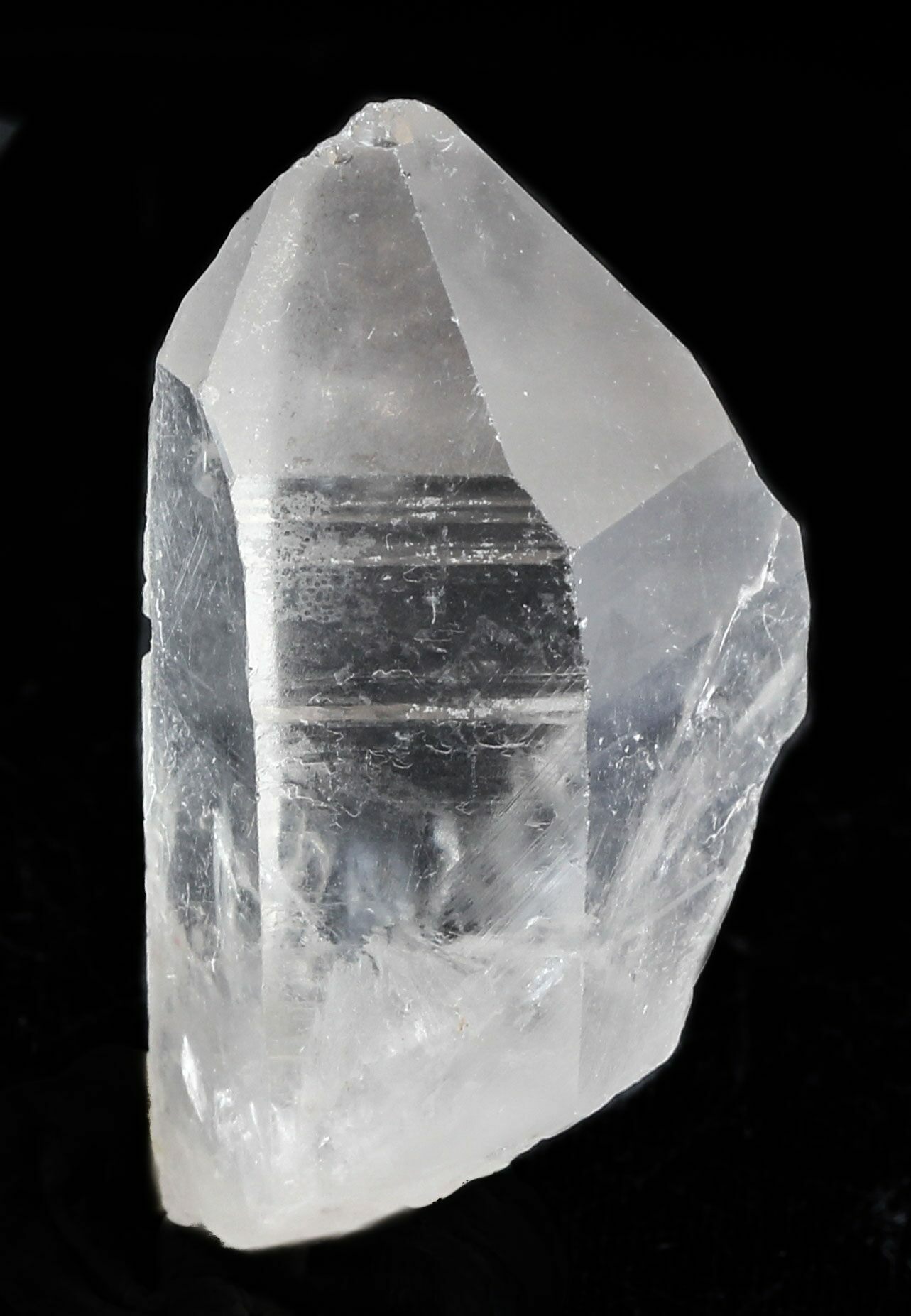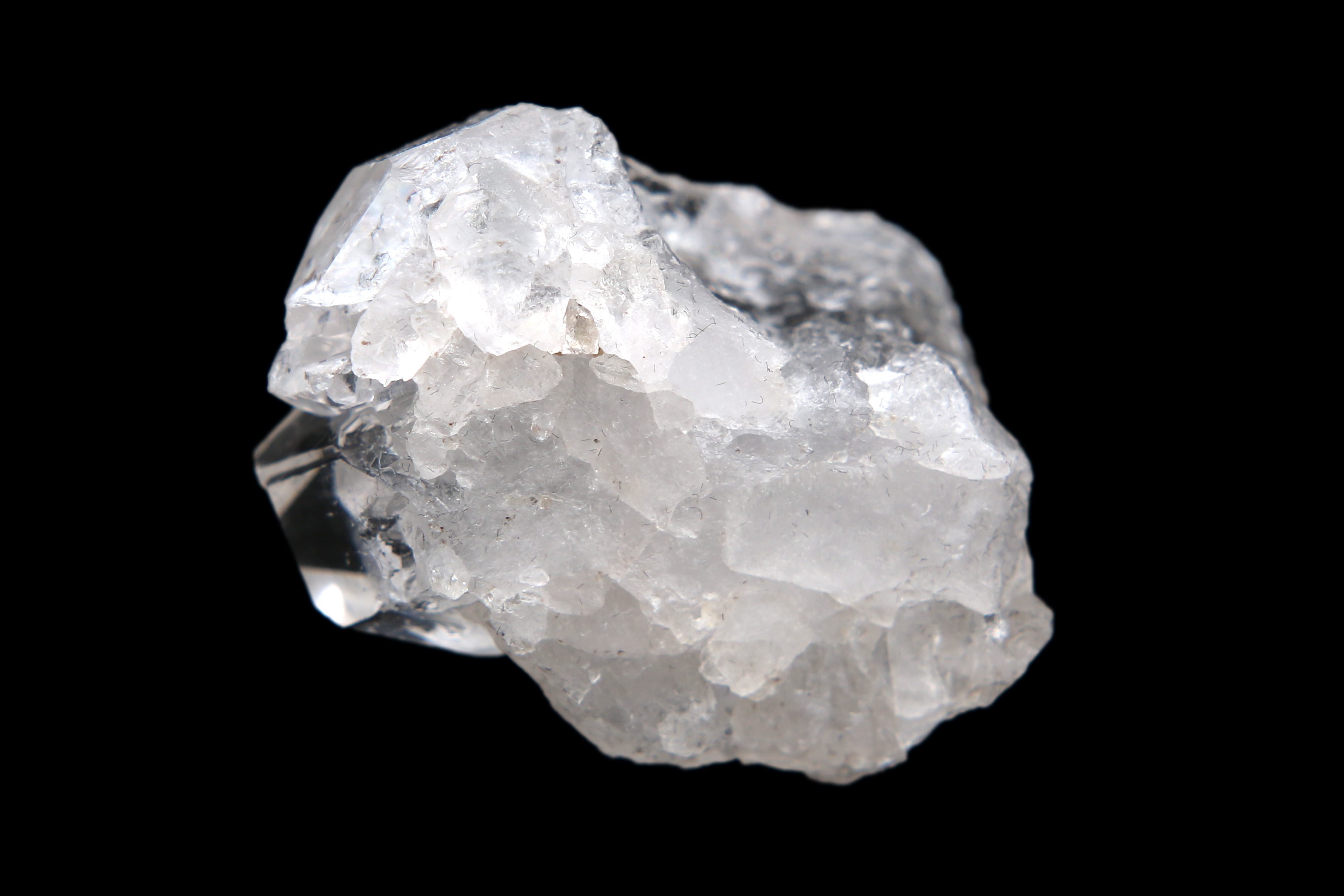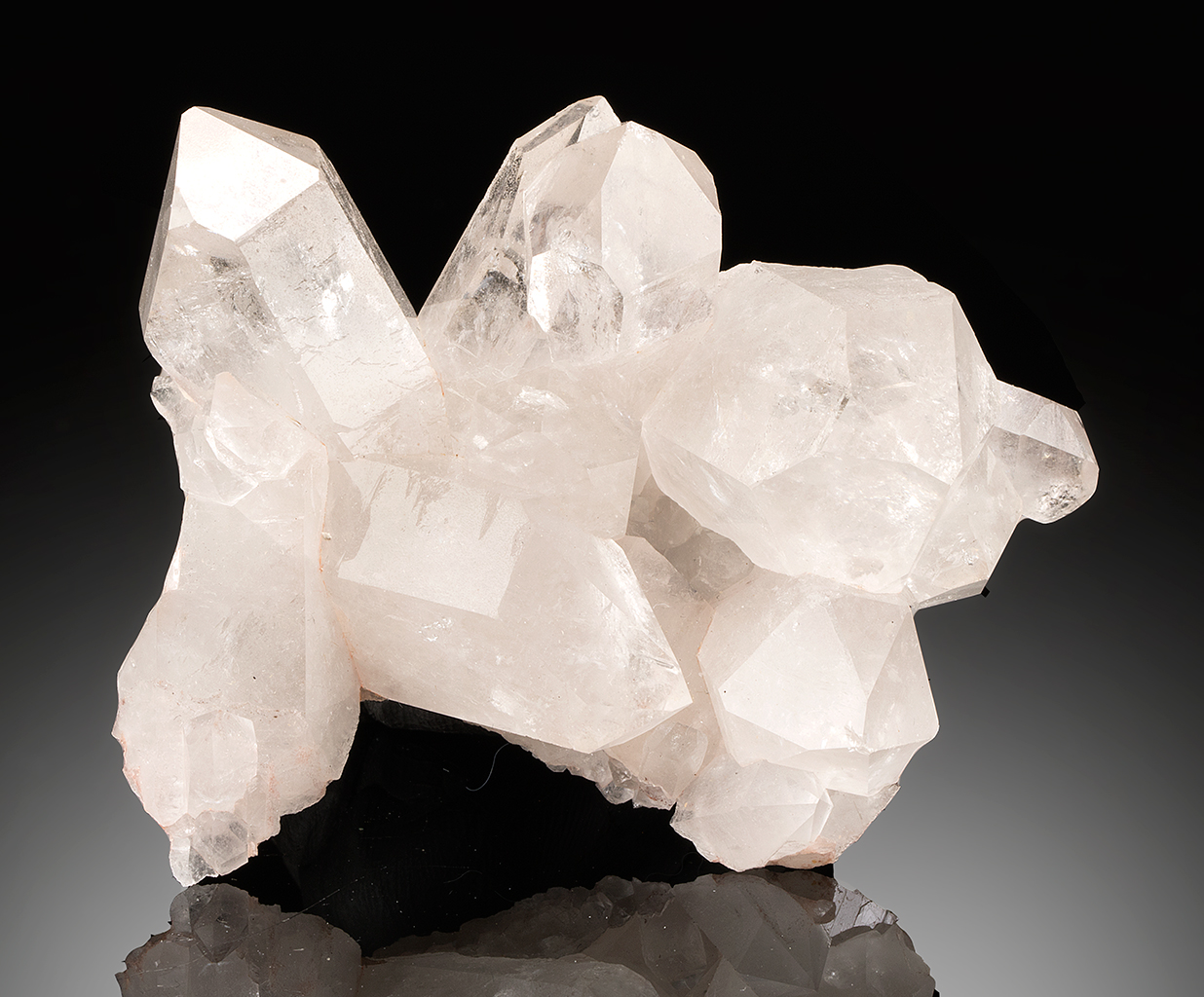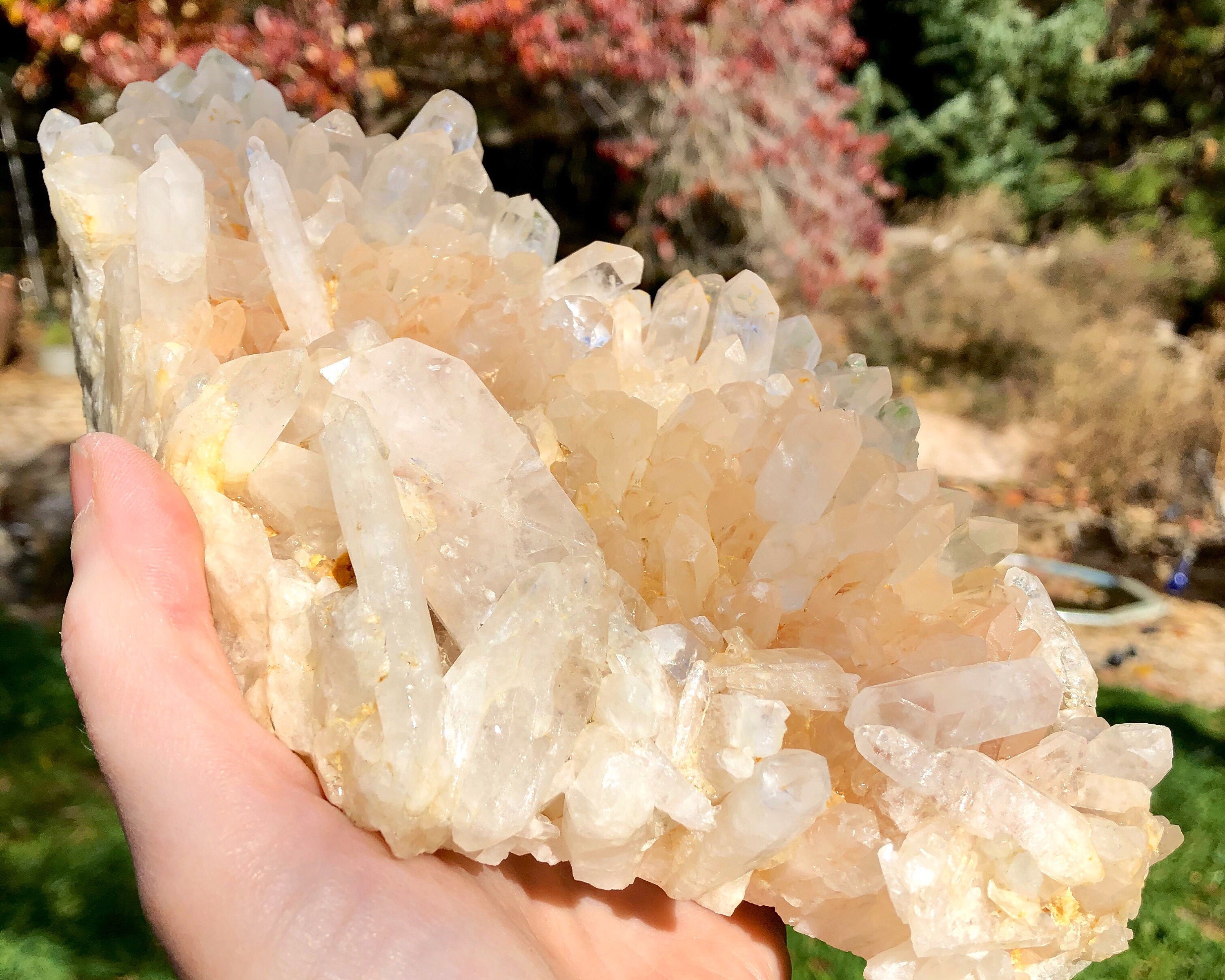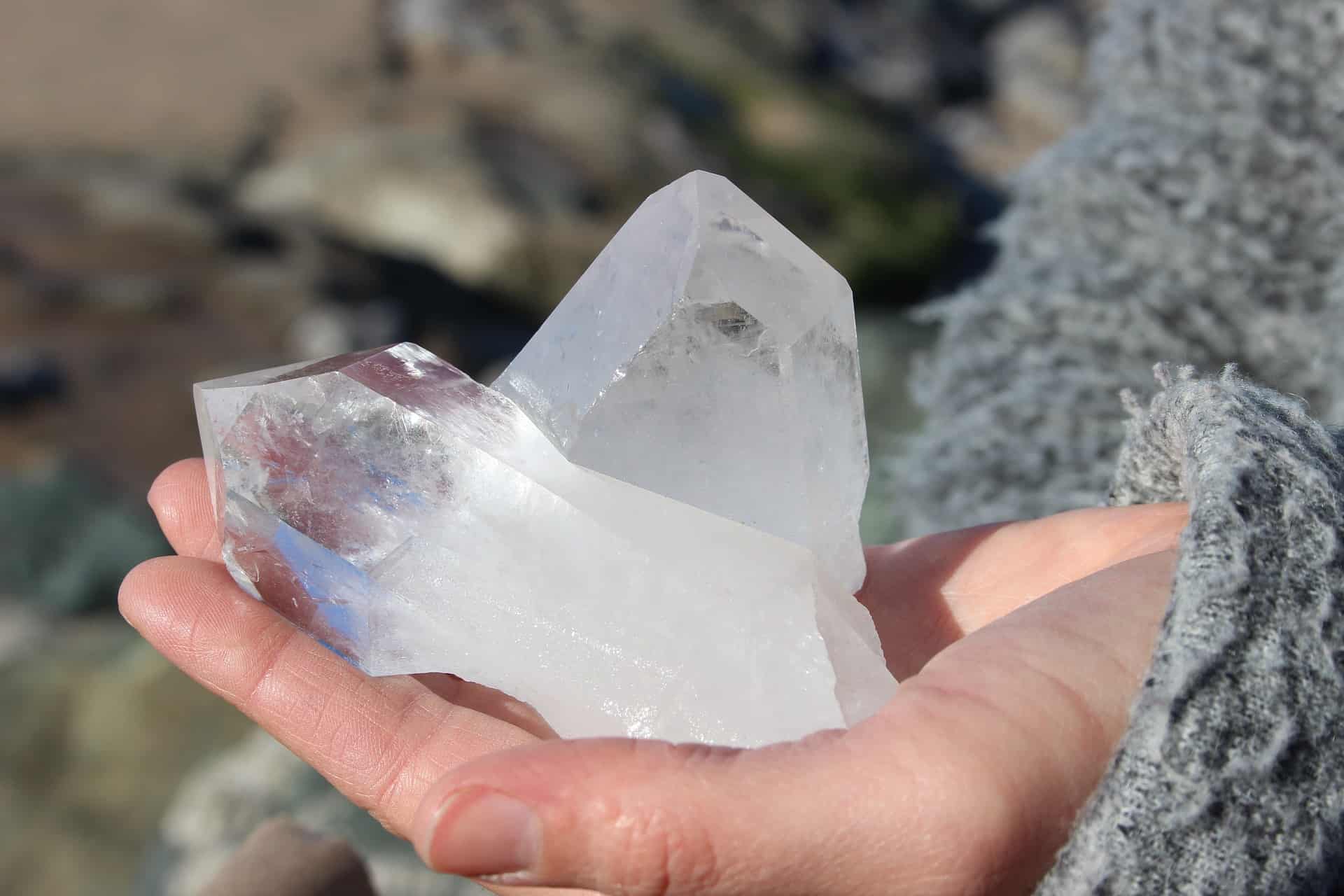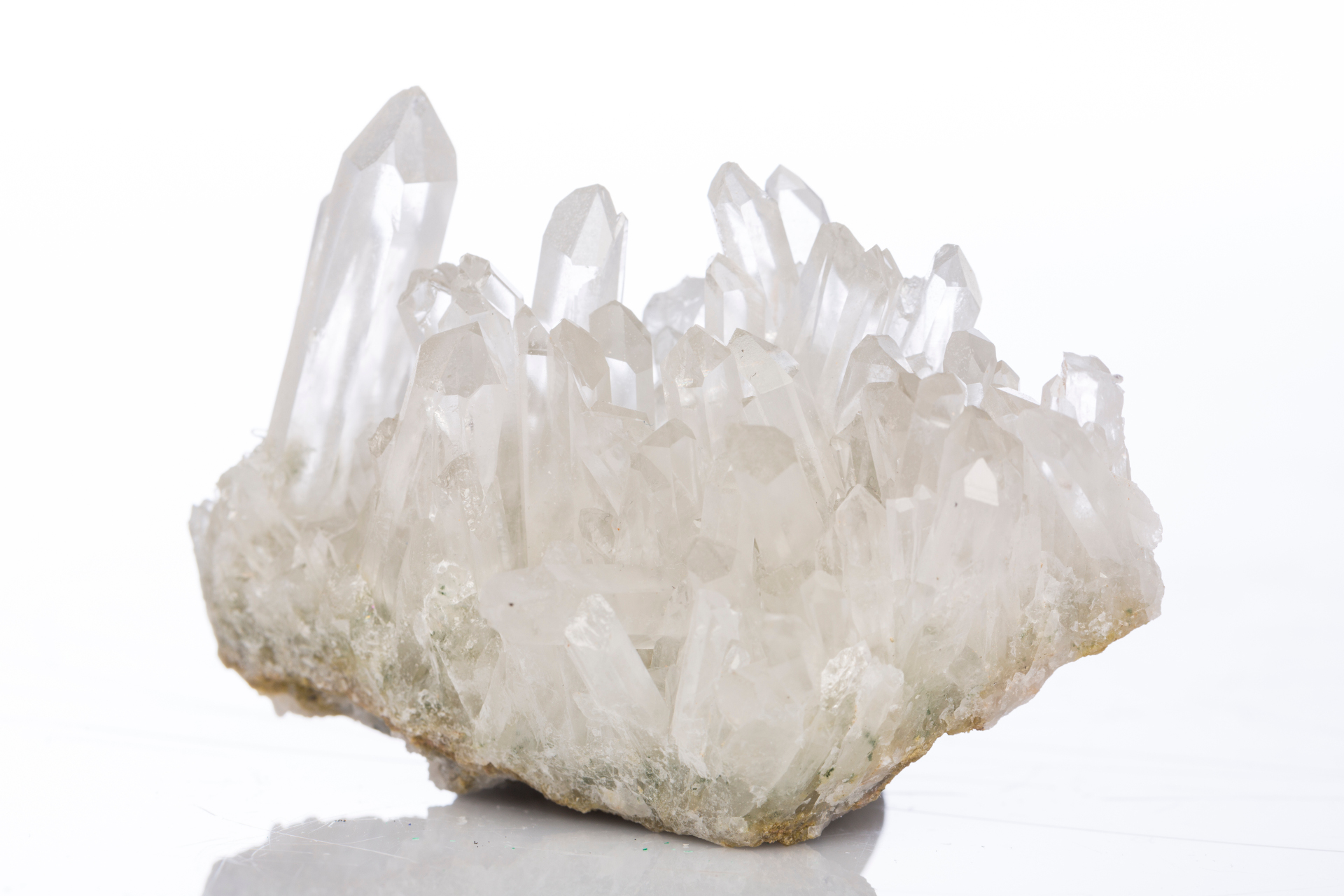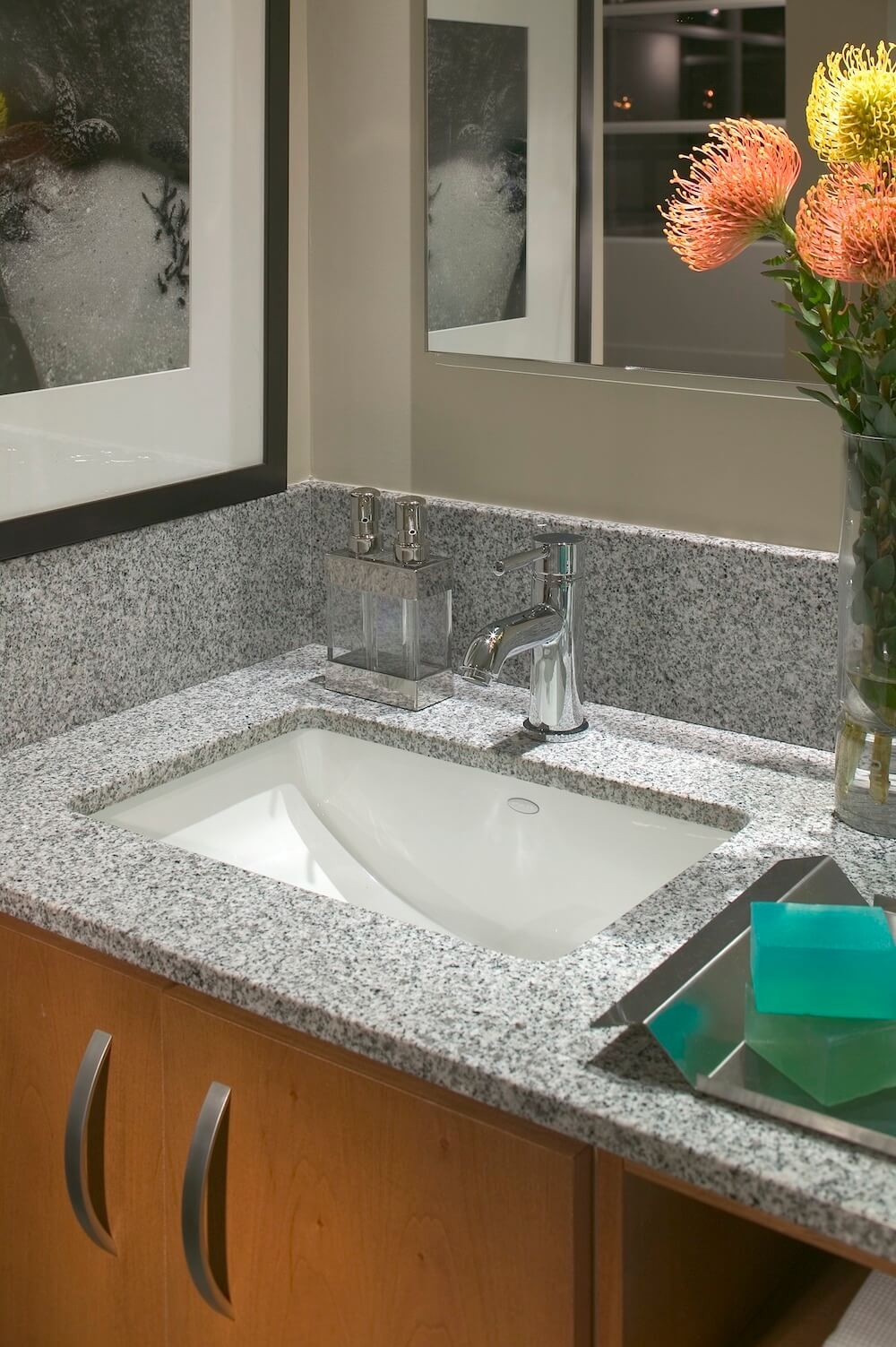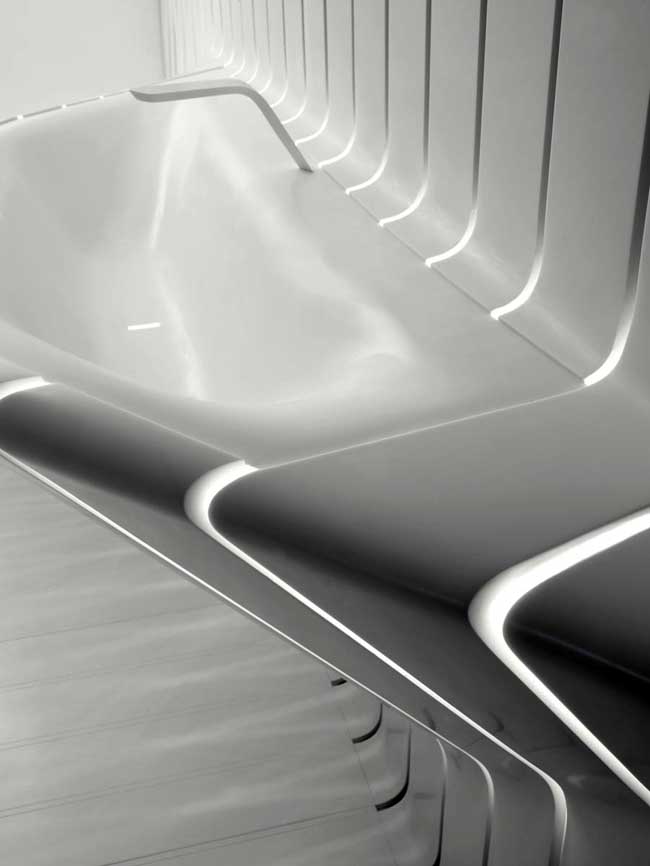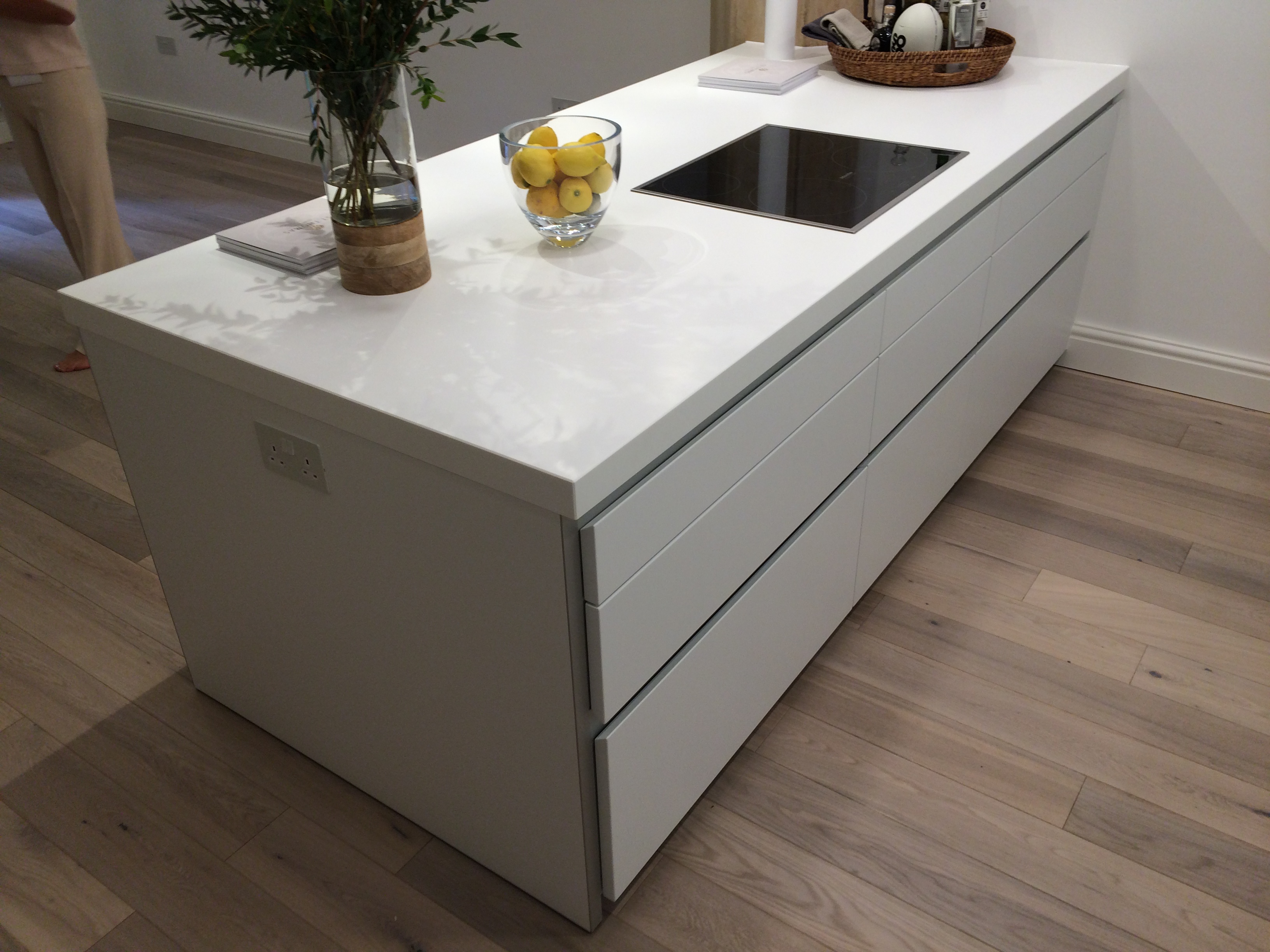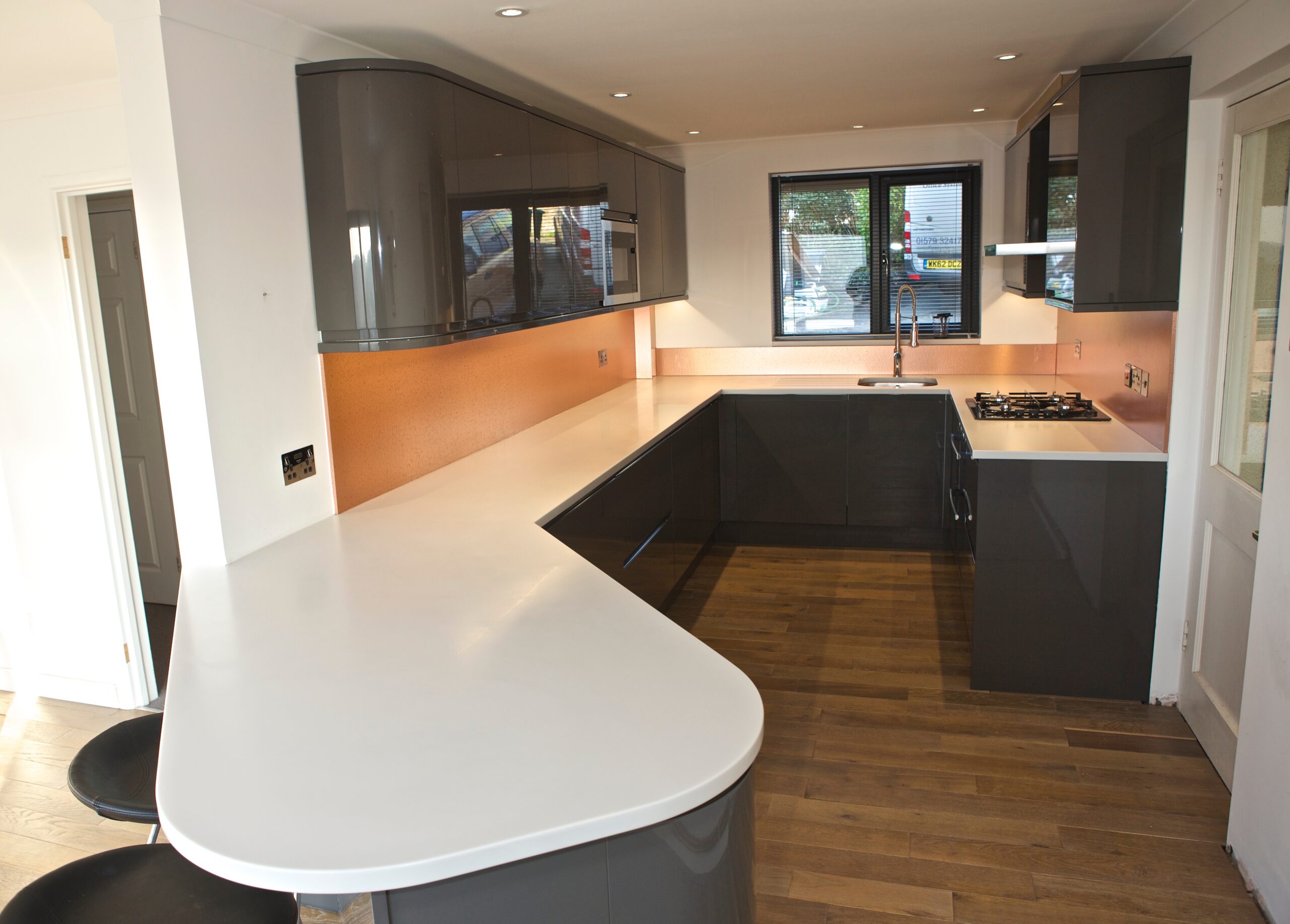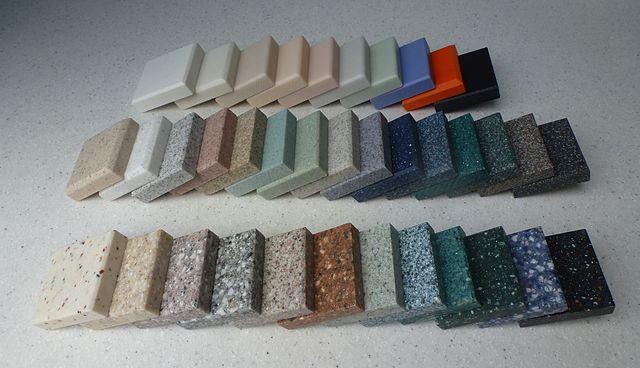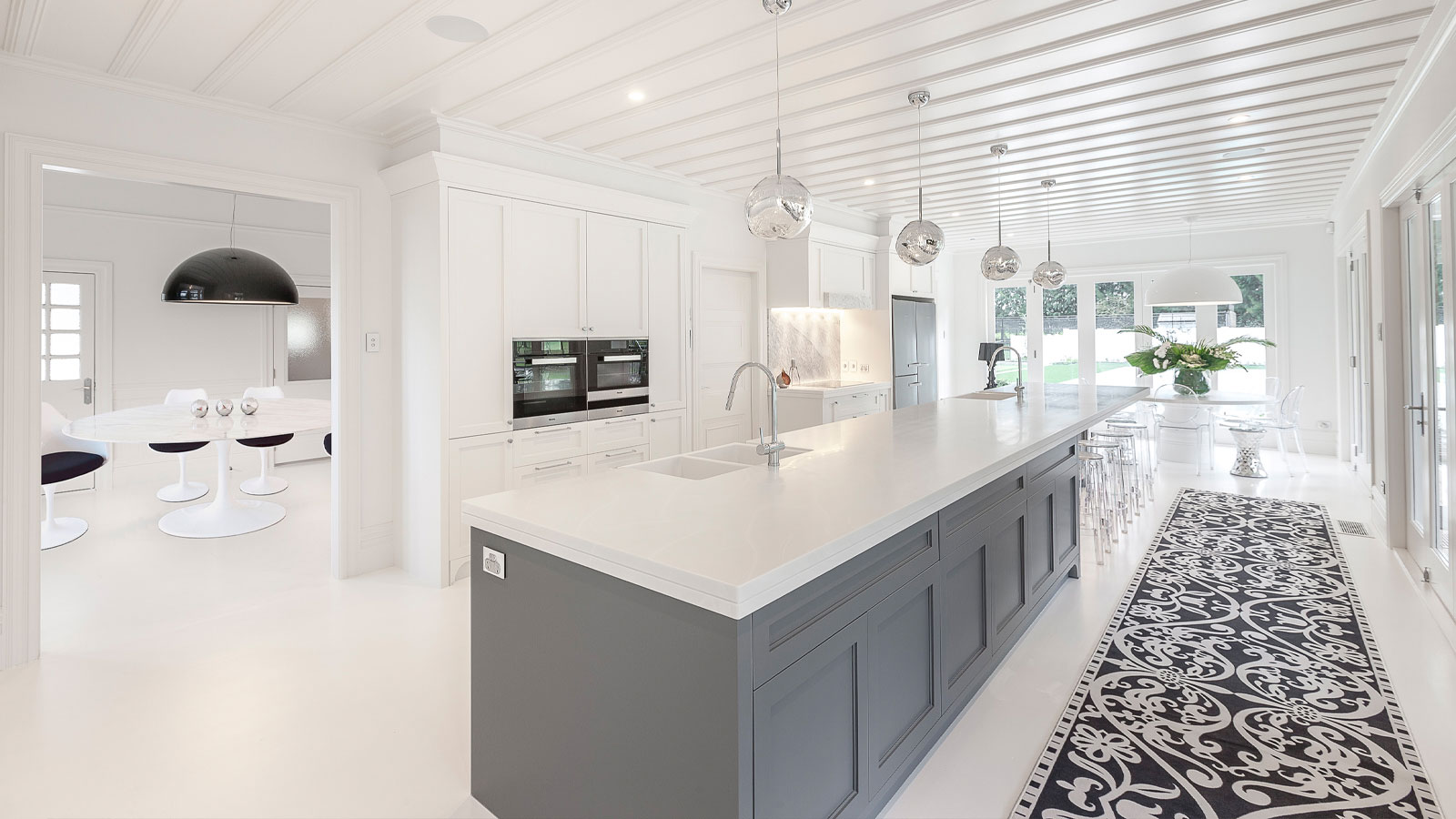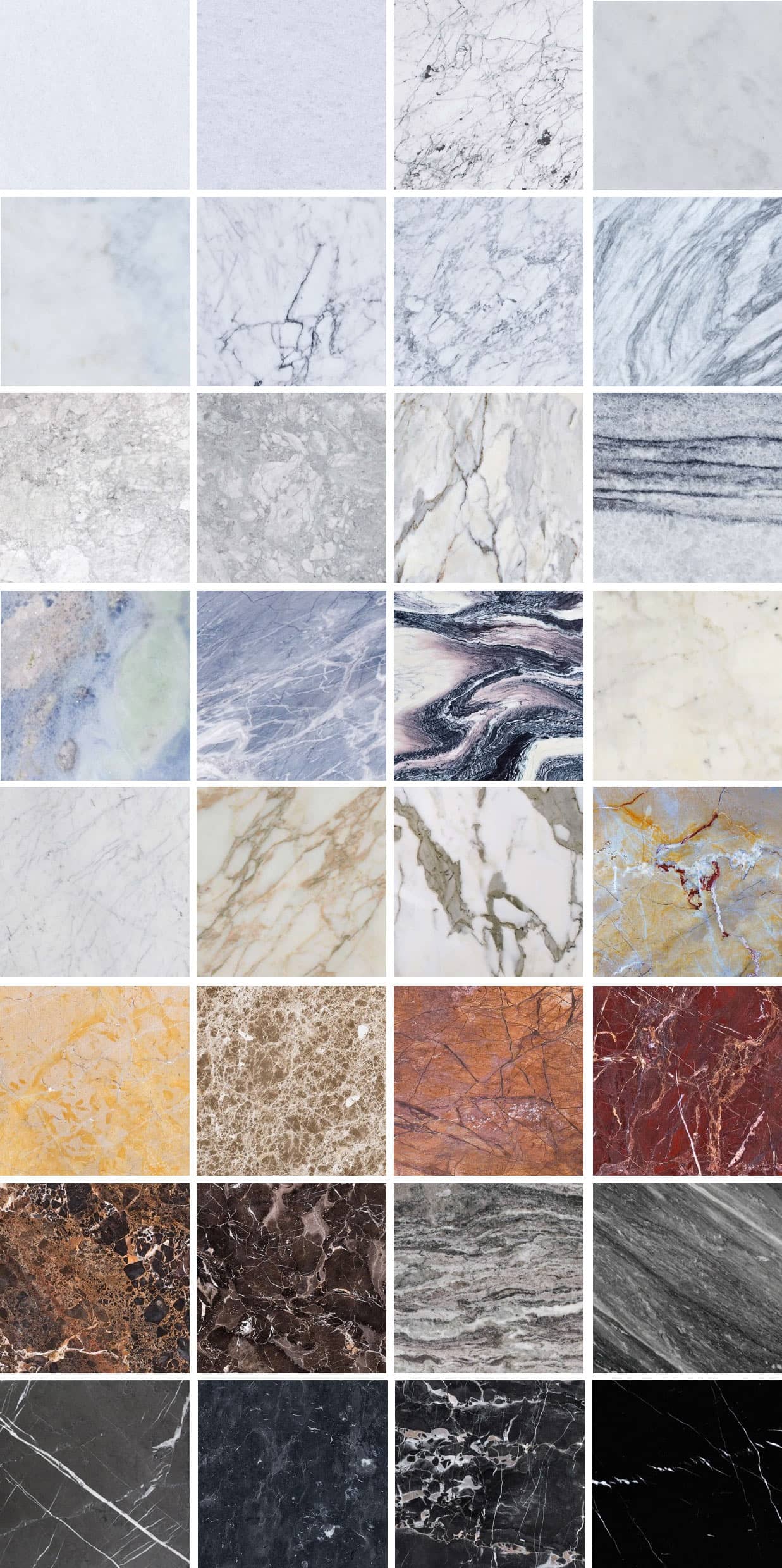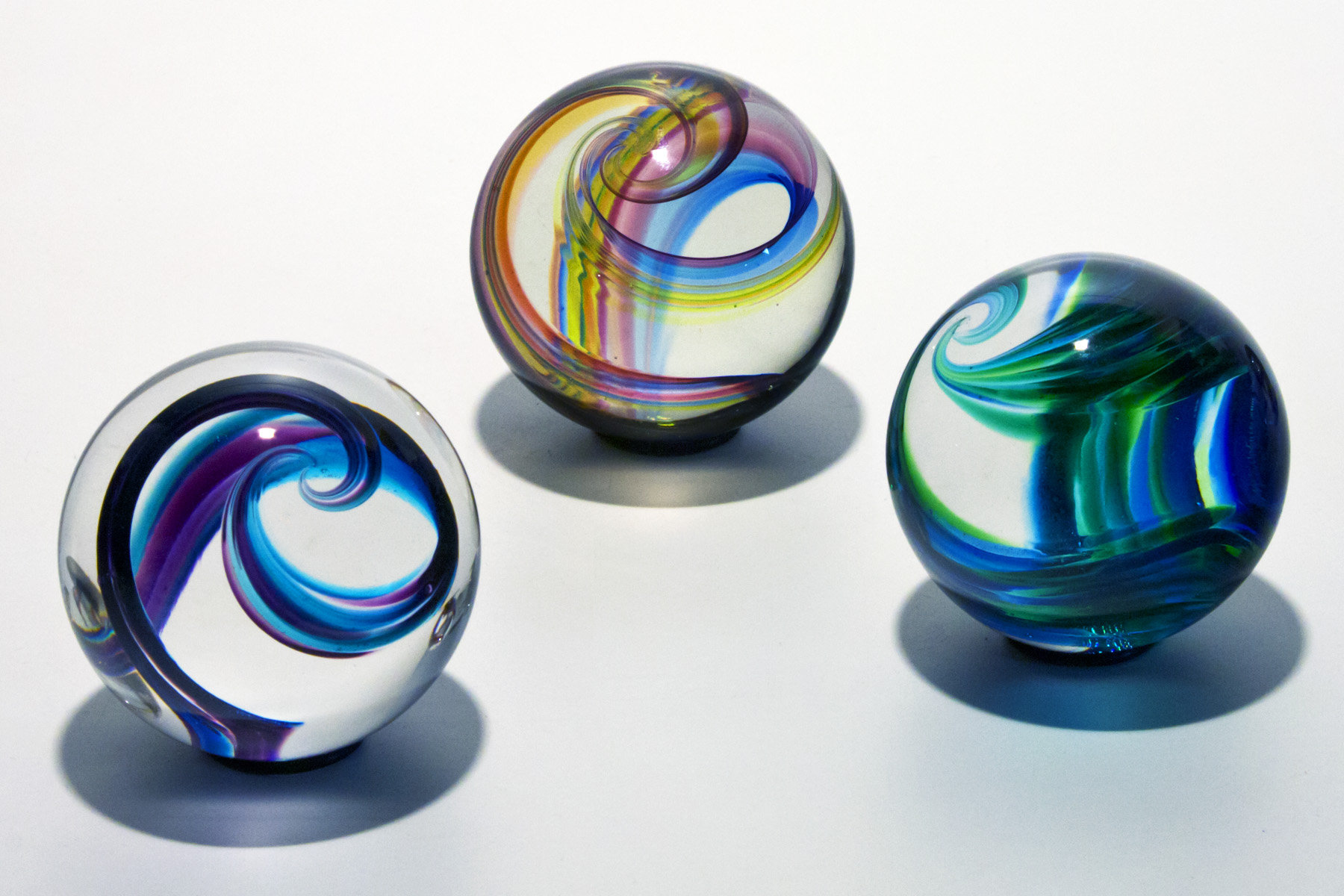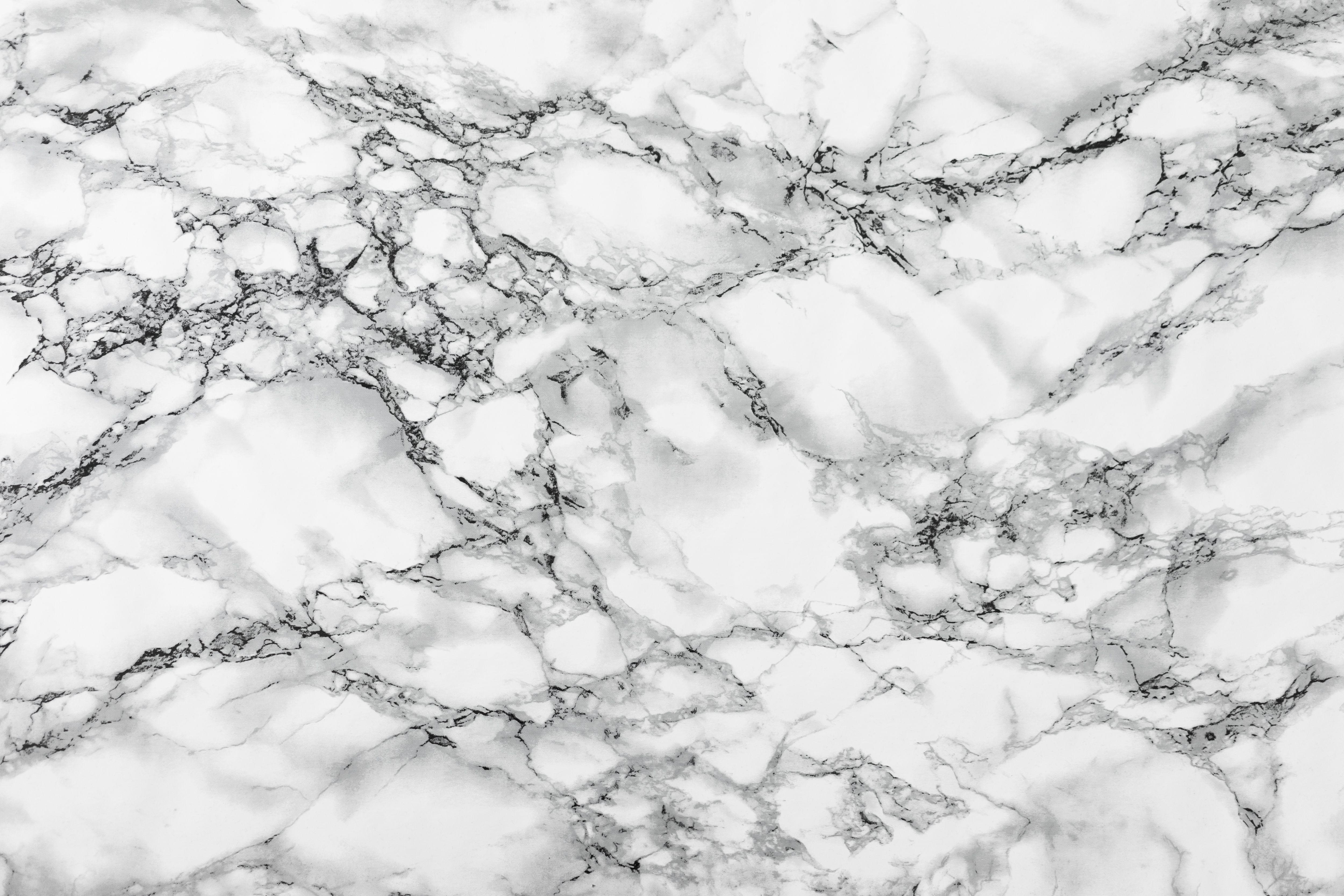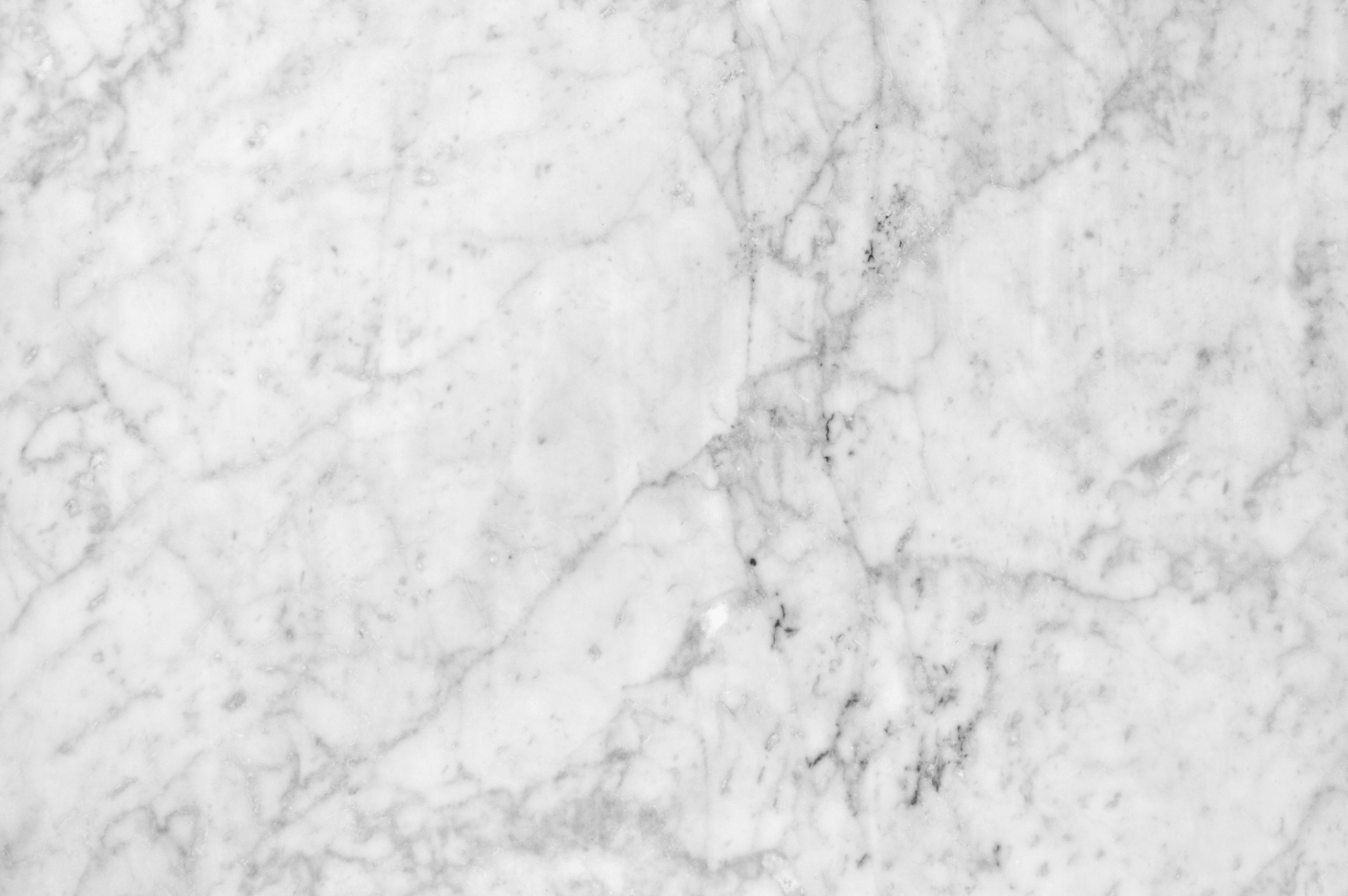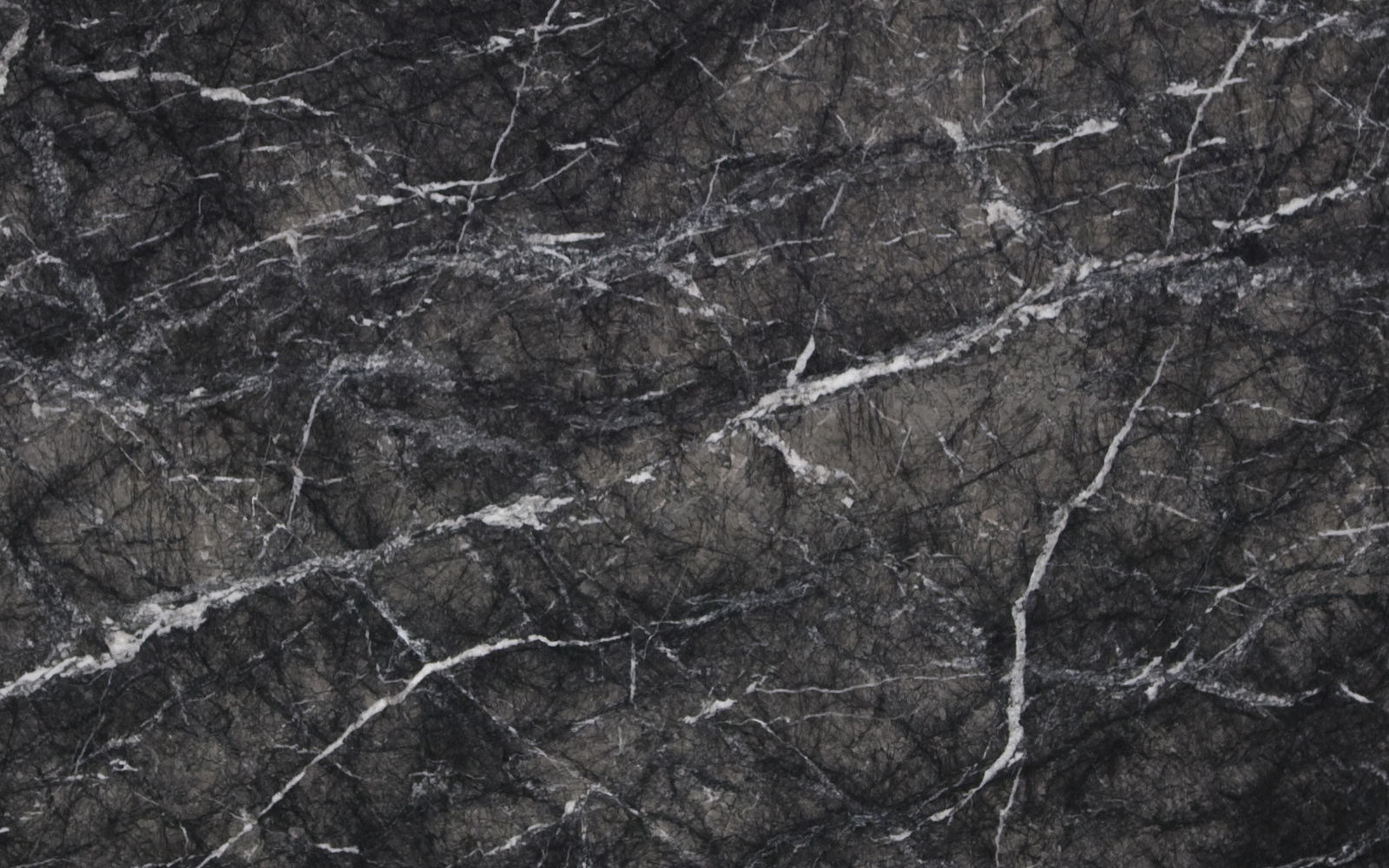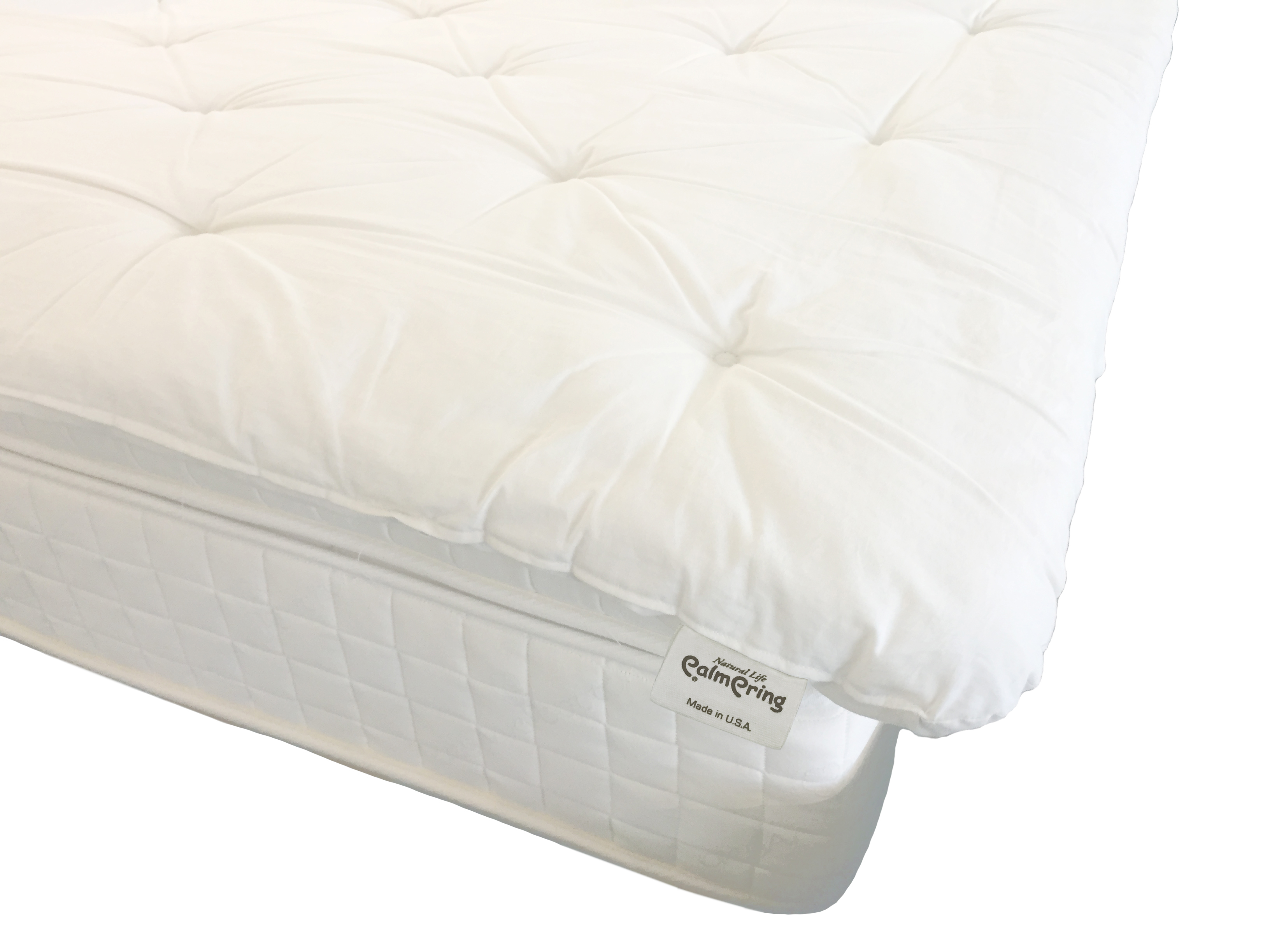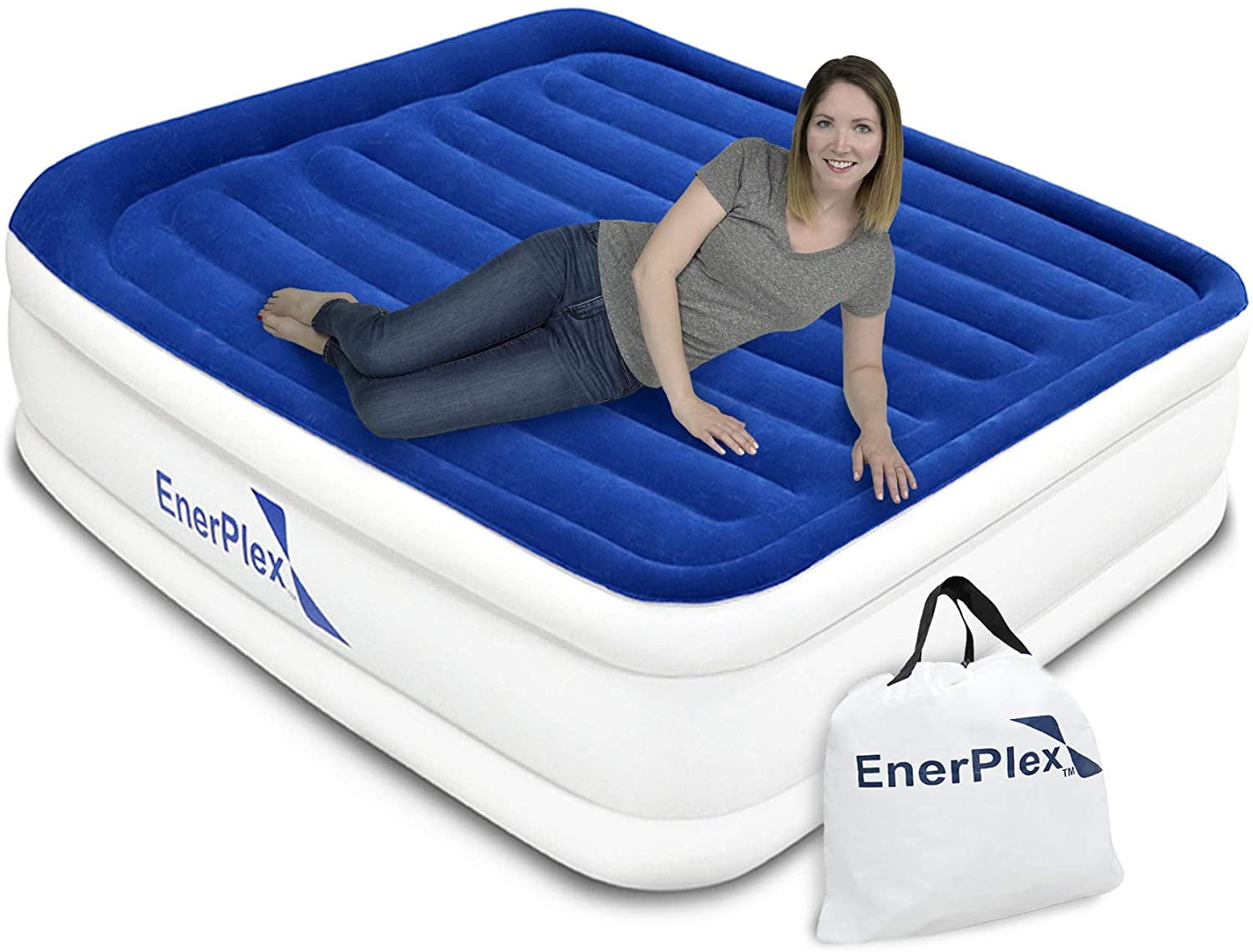Stainless steel is a popular and highly recommended material for commercial kitchen walls. Not only does it have a sleek and modern look, but it also offers many practical benefits. Stainless steel is non-porous, making it easy to clean and resistant to bacteria and mold growth. It is also durable and can withstand high temperatures, making it perfect for a busy and hot kitchen environment. One of the main reasons stainless steel is a top choice for commercial kitchen walls is its ability to reflect light, making the space appear brighter and more spacious. This is especially beneficial for smaller kitchens or those with limited natural lighting. Additionally, stainless steel is fire-resistant, making it a safe choice for a commercial kitchen. When it comes to maintenance, stainless steel is relatively low maintenance. Regular cleaning with mild soap and water is all that is needed to keep it looking shiny and new. However, it is important to note that stainless steel can scratch easily, so it is important to use gentle cleaning products and avoid abrasive materials.Stainless Steel
Aluminum is another popular option for commercial kitchen walls. It is lightweight, easy to install, and has a modern and clean look. Like stainless steel, aluminum is also non-porous and resistant to bacteria and mold growth. It is also fire-resistant and can withstand high temperatures. One of the main advantages of aluminum is its affordability. It is a more budget-friendly option compared to other materials on this list. Additionally, aluminum is eco-friendly as it is 100% recyclable, making it a sustainable choice for your commercial kitchen. However, aluminum is not as durable as stainless steel and can dent or scratch easily. It also does not have the same ability to reflect light, so it may not make the space appear as bright as stainless steel. Regular cleaning with mild soap and water is recommended to maintain its appearance.Aluminum
Fiberglass Reinforced Plastic, or FRP, is a strong and durable material that is commonly used in commercial kitchens. It is made of reinforced plastic and is resistant to moisture, chemicals, and bacteria. FRP is also lightweight and easy to install, making it a popular choice for commercial kitchen walls. This material is highly customizable, as it is available in a wide range of colors and can be easily cut to fit any space. It is also relatively low maintenance, requiring only regular cleaning with mild soap and water. FRP is also fire-resistant, making it a safe choice for a commercial kitchen. One downside of FRP is that it is not as resistant to heat as other materials, so it may not be suitable for areas near stovetops or ovens. It is also not as visually appealing as other materials, but it can be painted or coated to improve its appearance.Fiberglass Reinforced Plastic (FRP)
Acrylic, also known as plexiglass, is a lightweight and shatter-resistant material that is commonly used in commercial kitchens. It is a popular choice for its modern and sleek appearance, as well as its resistance to moisture and chemicals. Acrylic is also resistant to bacteria and can be easily cleaned with mild soap and water. One of the main advantages of acrylic is its ability to be thermoformed, meaning it can be molded into various shapes and sizes. This makes it a versatile option for unique or curved walls in a commercial kitchen. It is also available in a wide range of colors and finishes, making it easy to match with your kitchen's design. However, acrylic is not as heat-resistant as other materials and can warp or melt if exposed to high temperatures. It is also prone to scratching, so it is important to use gentle cleaning products and avoid abrasive materials.Acrylic
Tile is a classic and timeless choice for commercial kitchen walls. It is durable, easy to clean, and available in a variety of colors, patterns, and materials such as ceramic, porcelain, and glass. Tile is also resistant to moisture, bacteria, and heat, making it a practical option for a busy and hot kitchen environment. One of the main advantages of tile is its versatility in terms of design. It can be arranged in different patterns and layouts to create a unique and visually appealing wall. It is also relatively low maintenance, requiring only regular cleaning with mild soap and water. However, tile can be difficult and time-consuming to install, especially for larger areas. It is also prone to cracking or chipping if something heavy is dropped on it. Additionally, the grout between tiles can be a breeding ground for bacteria if not cleaned regularly.Tile
Brick is a durable and rustic option for commercial kitchen walls. It adds character and warmth to the space and can withstand high temperatures and moisture. It is also resistant to bacteria and easy to clean with mild soap and water. One of the main benefits of brick is its timeless and classic look. It can add a sense of history and charm to a commercial kitchen. Additionally, brick is an eco-friendly option as it is made from natural materials and can be easily recycled. However, brick is not a suitable option for all commercial kitchens. It can be difficult to install and may not be suitable for curved or uneven walls. It is also porous, meaning it can absorb moisture and bacteria if not sealed properly.Brick
Concrete is a strong and durable material that is commonly used in commercial kitchens. It is resistant to heat, moisture, and bacteria, making it a practical option for a busy and hot kitchen environment. It is also available in a variety of colors and can be customized with different finishes. One of the main advantages of concrete is its ability to withstand heavy use. It is a popular choice for high-traffic areas in a commercial kitchen. Additionally, concrete is low maintenance, requiring only regular cleaning with mild soap and water. However, concrete can be difficult and expensive to install, especially for larger areas. It is also prone to cracking or chipping if something heavy is dropped on it. Additionally, concrete can be a hard and unforgiving surface, making it uncomfortable for long periods of standing.Concrete
Quartz is a popular and luxurious choice for commercial kitchen walls. It is a man-made material that is highly resistant to heat, scratches, and bacteria. It is also available in a wide range of colors and patterns, making it easy to customize to your kitchen's design. One of the main advantages of quartz is its durability. It is a long-lasting material that can withstand heavy use and is easy to maintain with regular cleaning. It is also non-porous, making it resistant to bacteria and mold growth. However, quartz can be an expensive option for commercial kitchen walls. It is also a heavy material, which can make installation difficult and costly. Additionally, quartz can be sensitive to harsh chemicals, so it is important to use gentle cleaning products.Quartz
Corian is a solid surface material that is commonly used in commercial kitchens. It is a blend of natural minerals and acrylic resin, making it a durable and non-porous option. It is also resistant to heat, moisture, and bacteria, making it a practical choice for a busy kitchen environment. One of the main advantages of Corian is its seamless appearance. It can be installed without visible seams, creating a smooth and uniform surface. It is also available in a variety of colors and finishes, making it easy to match with your kitchen's design. However, Corian can be an expensive option for commercial kitchen walls. It is also prone to scratching and can be damaged by sharp objects. It is important to use gentle cleaning products and avoid abrasive materials to maintain its appearance.Corian
Marble is a luxurious and elegant choice for commercial kitchen walls. It is a natural stone that is heat-resistant and highly durable. It is also non-porous and resistant to bacteria and mold growth. Marble is available in a range of colors and patterns, making it a versatile option for any kitchen design. One of the main advantages of marble is its timeless and classic look. It adds a sense of sophistication and luxury to any space. It is also highly durable and can withstand heavy use, making it a suitable option for high-traffic areas in a commercial kitchen. However, marble is a high-maintenance material. It can stain easily and requires regular sealing to prevent damage. It is also an expensive option for commercial kitchen walls and can be prone to scratching and chipping if not cared for properly.Marble
Why Stainless Steel is the Best Material for Commercial Kitchen Walls
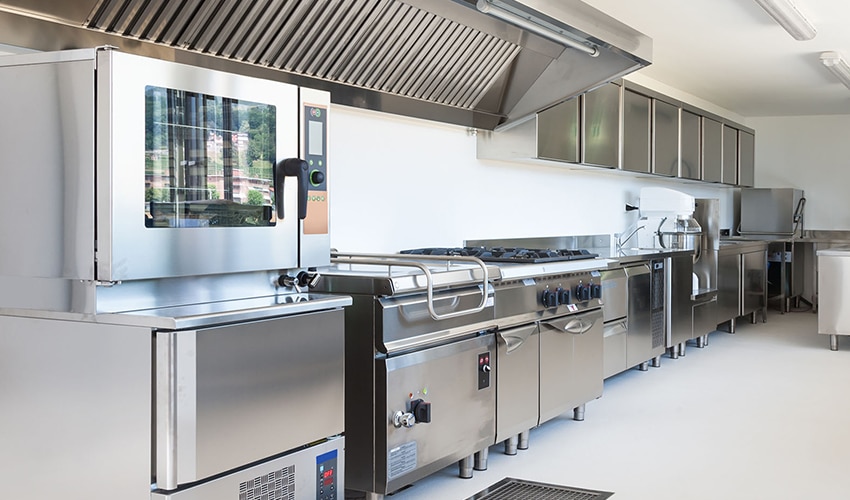
Durability and Hygiene
 When it comes to choosing the best material for commercial kitchen walls, there are several factors to consider. One of the most important factors is durability, as commercial kitchens are high-traffic areas that require walls that can withstand constant use and frequent cleaning.
Stainless steel
has been proven to be one of the most durable materials for commercial kitchen walls. It is resistant to scratches, stains, and dents, making it ideal for busy kitchens. Additionally, stainless steel is non-porous, making it easy to clean and maintain. This makes it the perfect material for maintaining a high level of hygiene in a commercial kitchen.
When it comes to choosing the best material for commercial kitchen walls, there are several factors to consider. One of the most important factors is durability, as commercial kitchens are high-traffic areas that require walls that can withstand constant use and frequent cleaning.
Stainless steel
has been proven to be one of the most durable materials for commercial kitchen walls. It is resistant to scratches, stains, and dents, making it ideal for busy kitchens. Additionally, stainless steel is non-porous, making it easy to clean and maintain. This makes it the perfect material for maintaining a high level of hygiene in a commercial kitchen.
Resistance to Corrosion and Heat
 Commercial kitchens are also exposed to extreme temperatures and moisture on a daily basis.
Stainless steel
is highly resistant to corrosion, making it suitable for use in wet and humid environments. This also makes it a great choice for areas where food is prepared, as it will not be affected by exposure to certain foods and liquids. Furthermore, stainless steel can withstand high temperatures without warping or melting, making it a safe and durable choice for commercial kitchens.
Commercial kitchens are also exposed to extreme temperatures and moisture on a daily basis.
Stainless steel
is highly resistant to corrosion, making it suitable for use in wet and humid environments. This also makes it a great choice for areas where food is prepared, as it will not be affected by exposure to certain foods and liquids. Furthermore, stainless steel can withstand high temperatures without warping or melting, making it a safe and durable choice for commercial kitchens.
Easy Maintenance and Aesthetics
 In addition to being durable,
stainless steel
is also incredibly easy to maintain. It does not require any special cleaning products or techniques, and can simply be wiped down with a damp cloth. This not only saves time and effort, but also reduces the use of harsh chemicals in the kitchen. Moreover, stainless steel has a sleek and modern look that adds to the overall aesthetic of a commercial kitchen. It reflects light, making the space appear brighter and more spacious. It also comes in a variety of finishes, allowing for customization to match the design of the kitchen.
In conclusion,
stainless steel
is the best material for commercial kitchen walls due to its durability, hygiene, resistance to corrosion and heat, as well as its easy maintenance and aesthetic appeal. It is a wise investment for any commercial kitchen, providing a long-lasting and visually appealing solution for wall surfaces. Consider using stainless steel for your next commercial kitchen renovation or construction project, and reap the benefits of this remarkable material.
In addition to being durable,
stainless steel
is also incredibly easy to maintain. It does not require any special cleaning products or techniques, and can simply be wiped down with a damp cloth. This not only saves time and effort, but also reduces the use of harsh chemicals in the kitchen. Moreover, stainless steel has a sleek and modern look that adds to the overall aesthetic of a commercial kitchen. It reflects light, making the space appear brighter and more spacious. It also comes in a variety of finishes, allowing for customization to match the design of the kitchen.
In conclusion,
stainless steel
is the best material for commercial kitchen walls due to its durability, hygiene, resistance to corrosion and heat, as well as its easy maintenance and aesthetic appeal. It is a wise investment for any commercial kitchen, providing a long-lasting and visually appealing solution for wall surfaces. Consider using stainless steel for your next commercial kitchen renovation or construction project, and reap the benefits of this remarkable material.
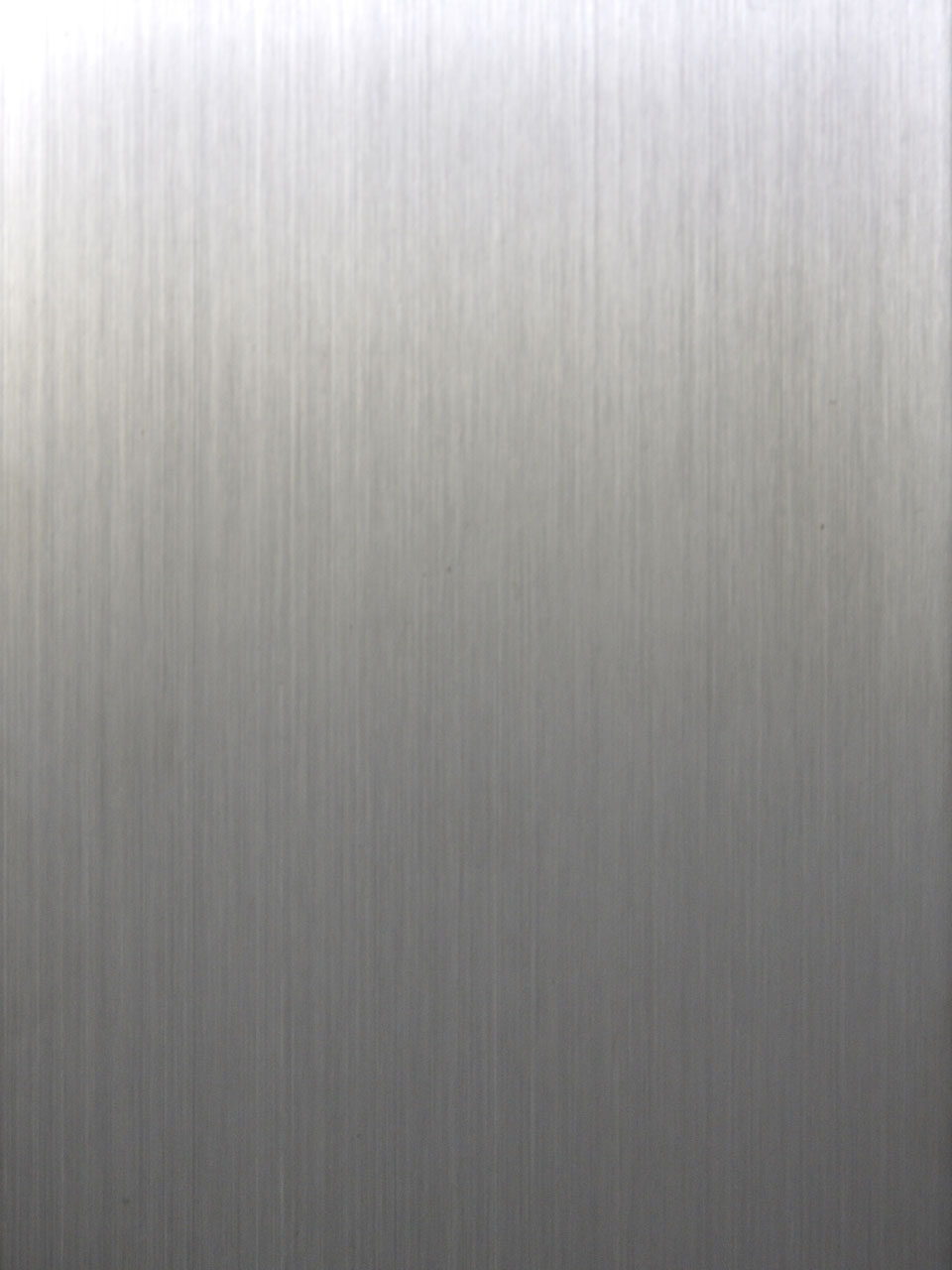


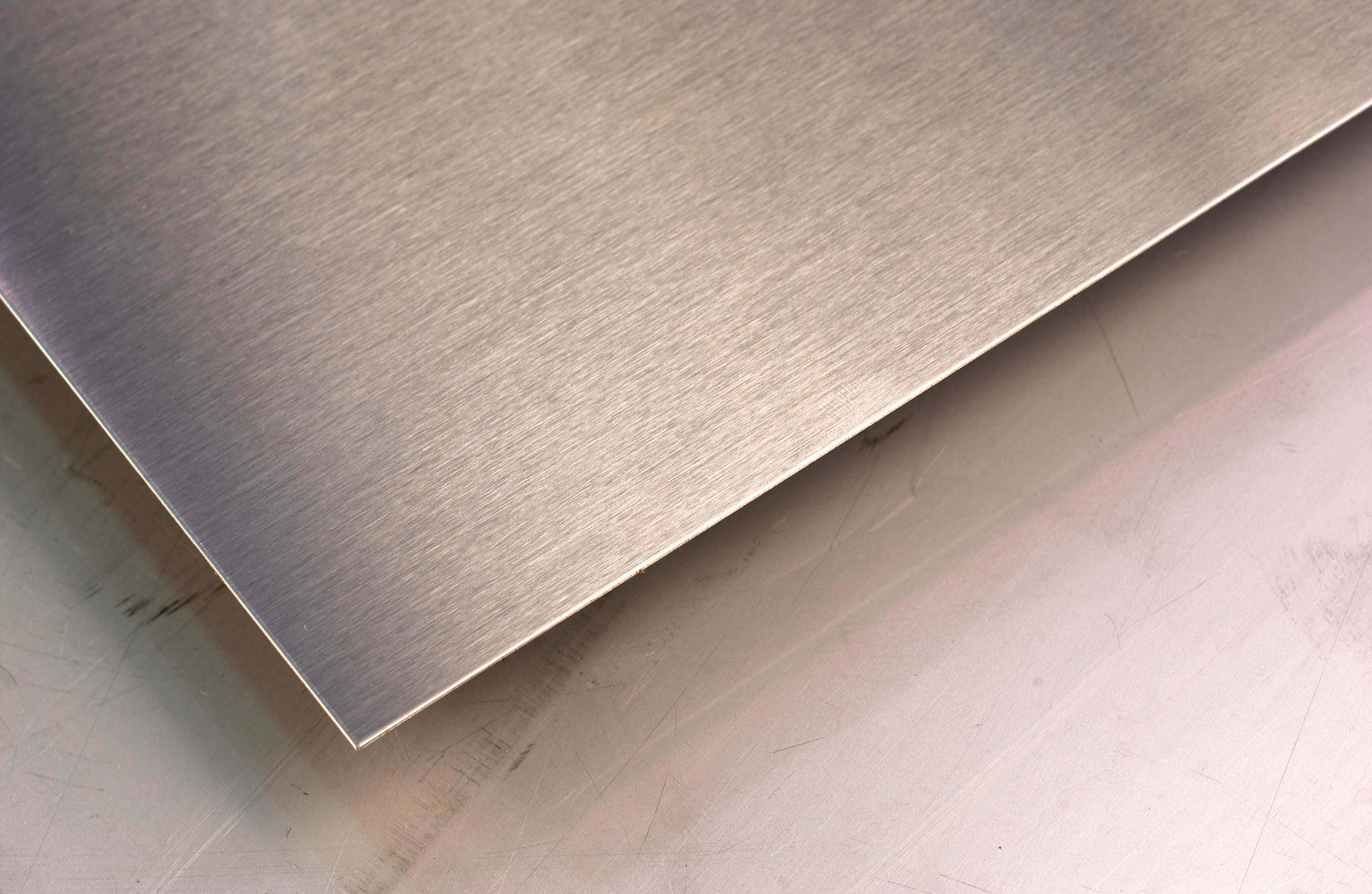


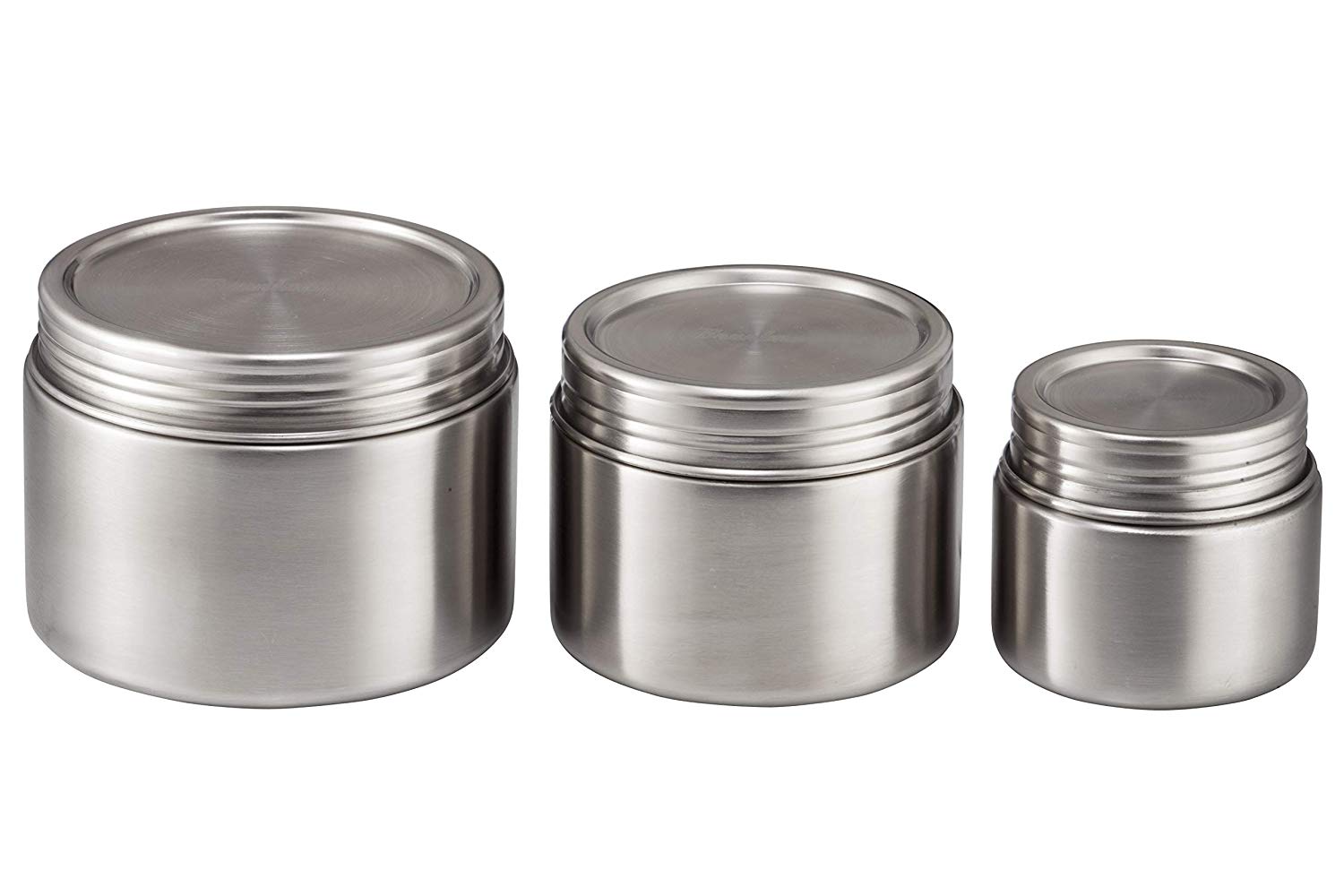


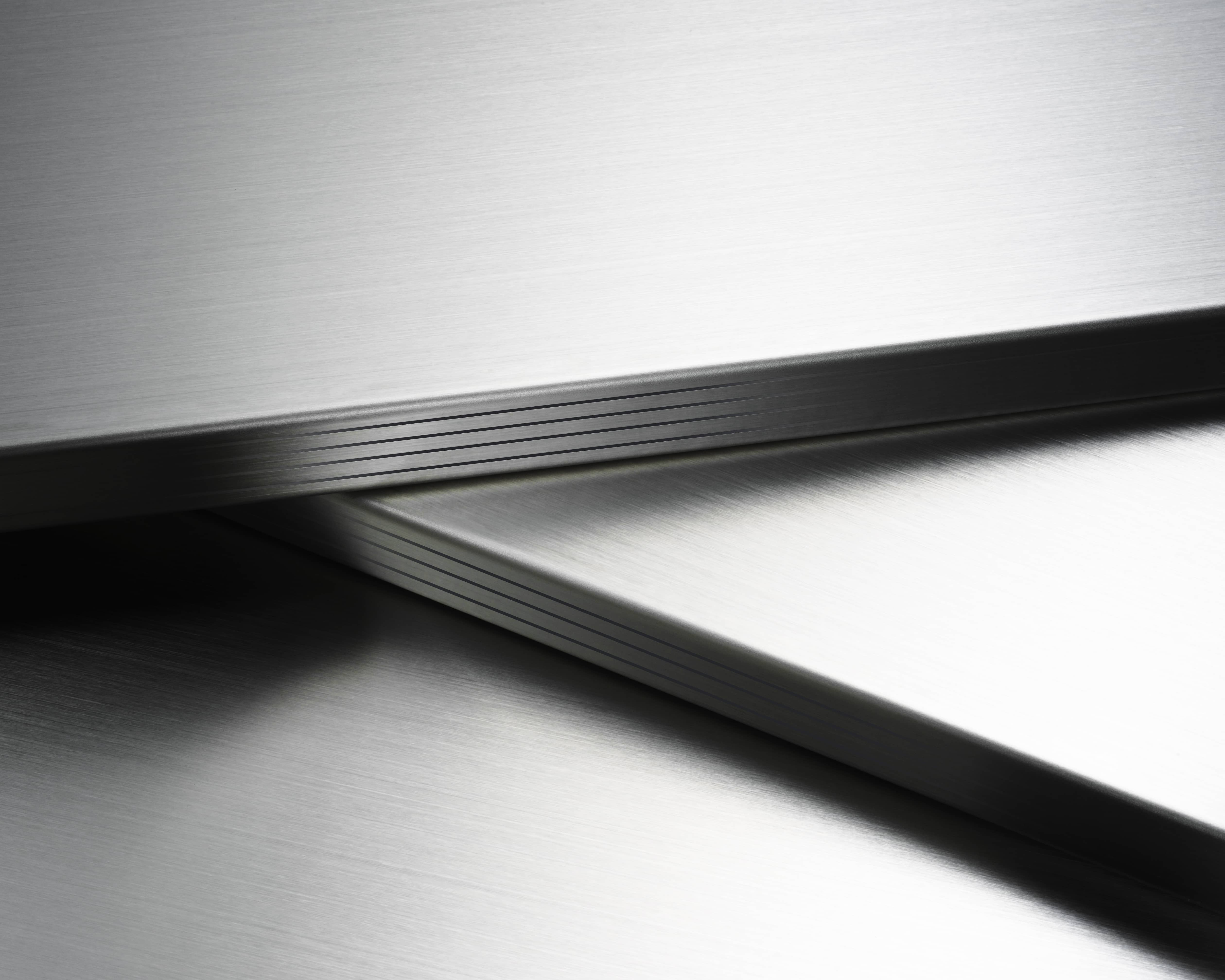
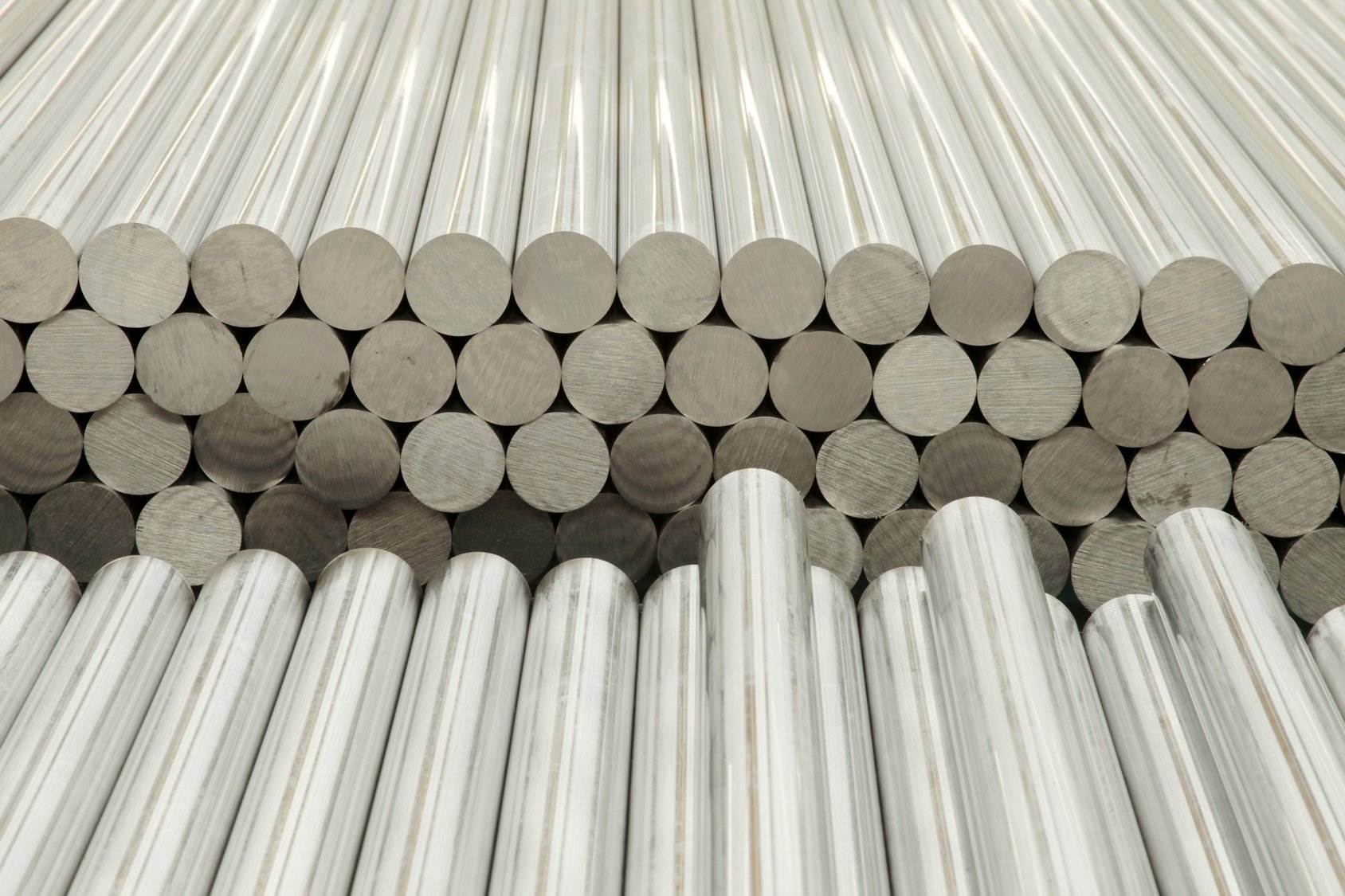

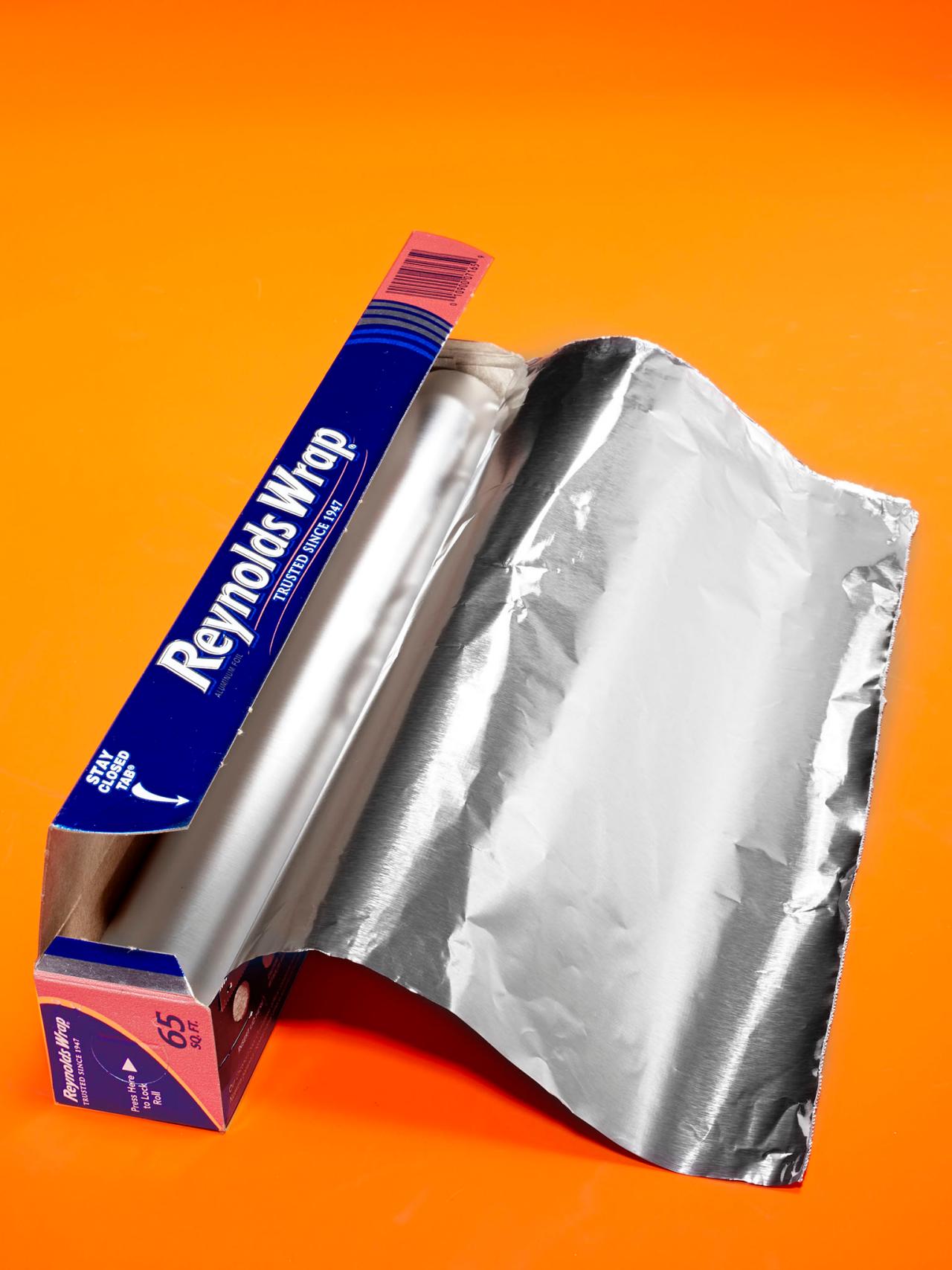

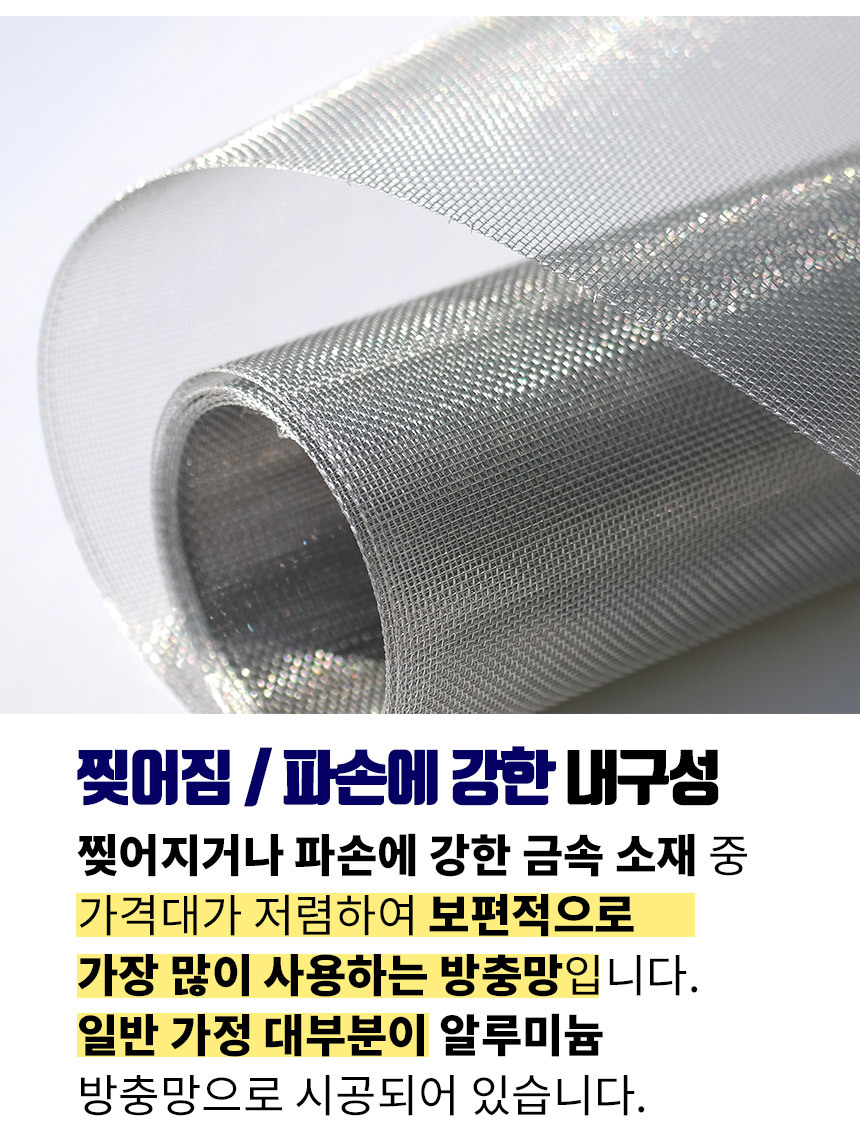
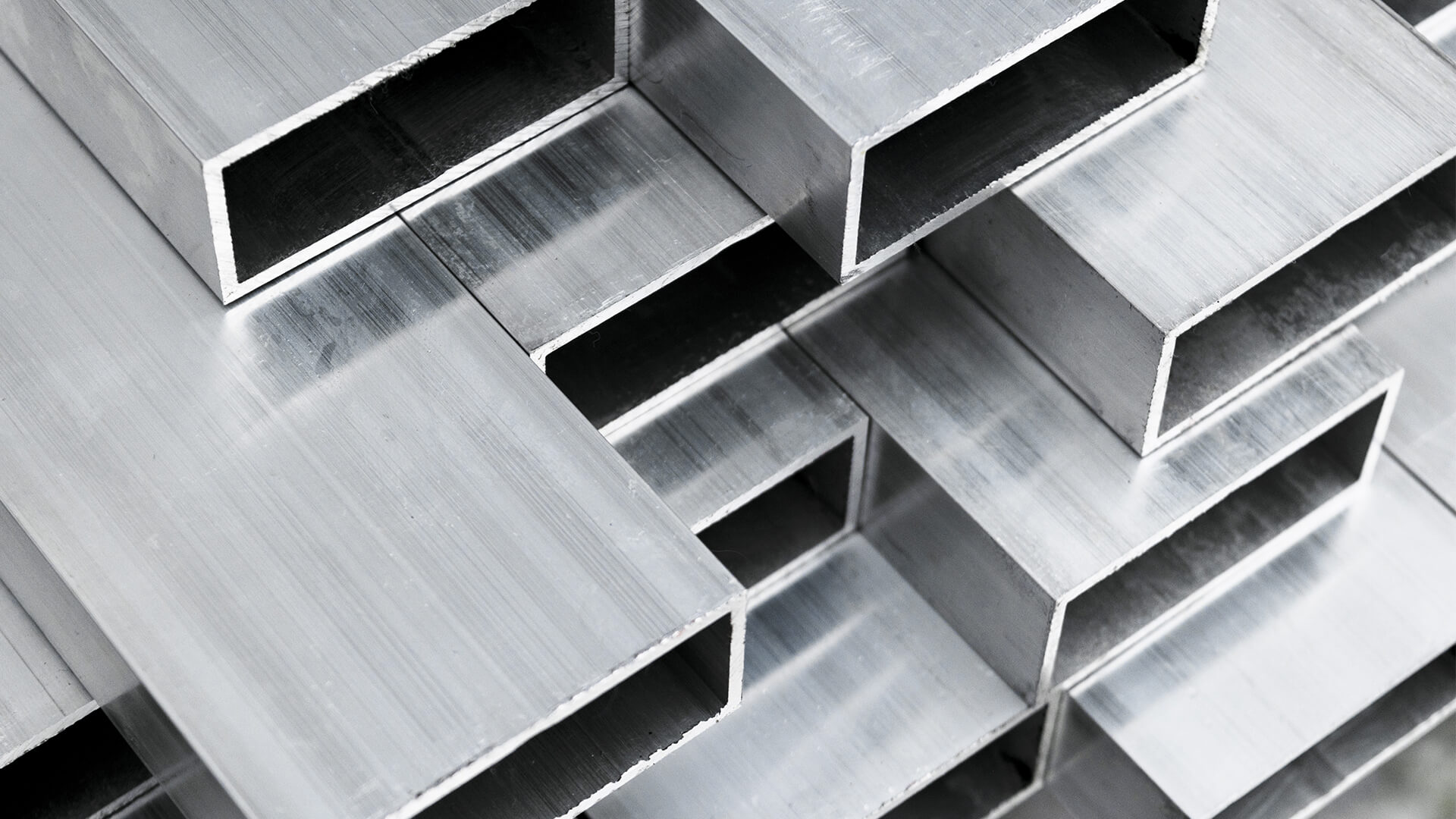
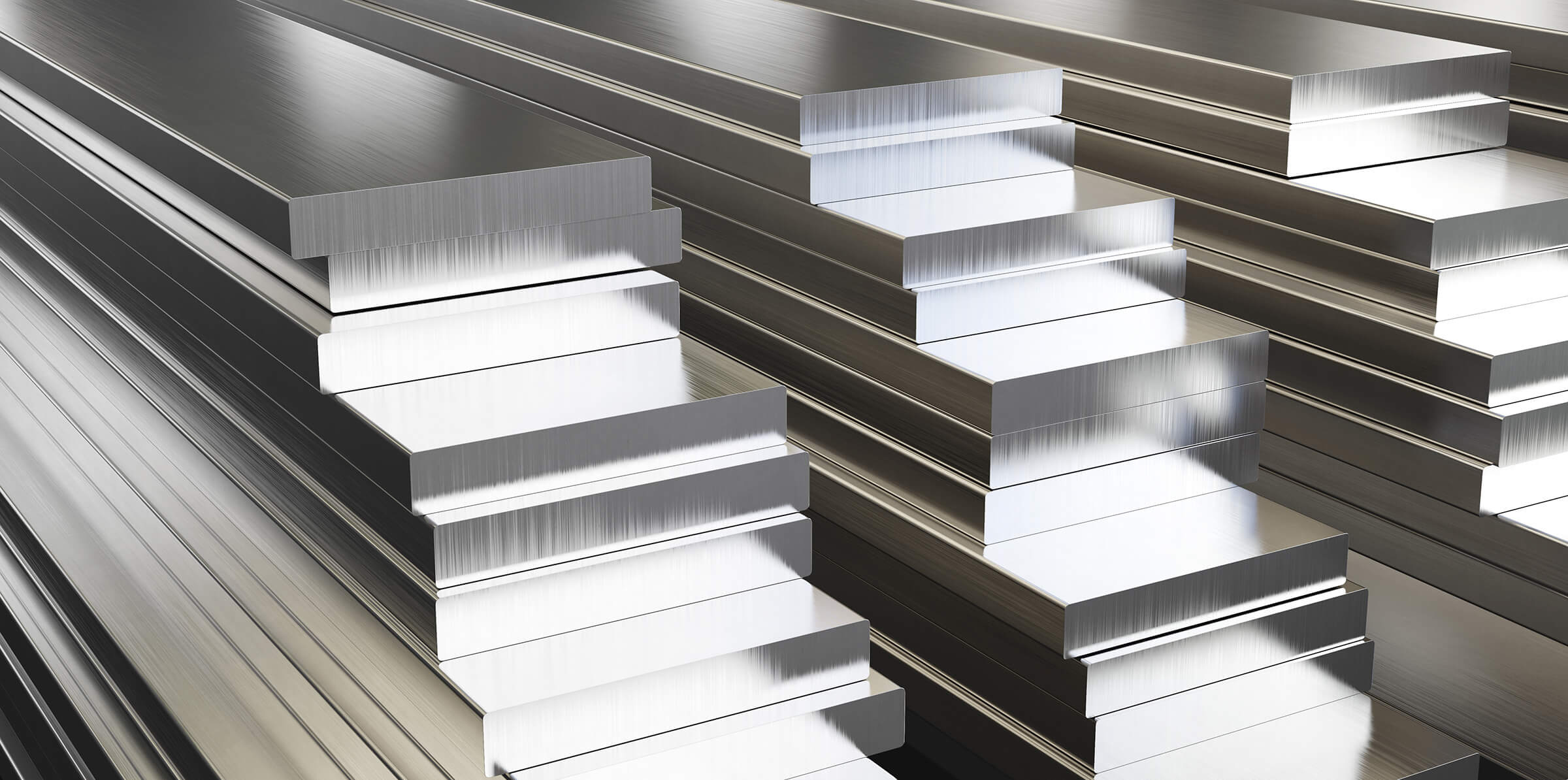
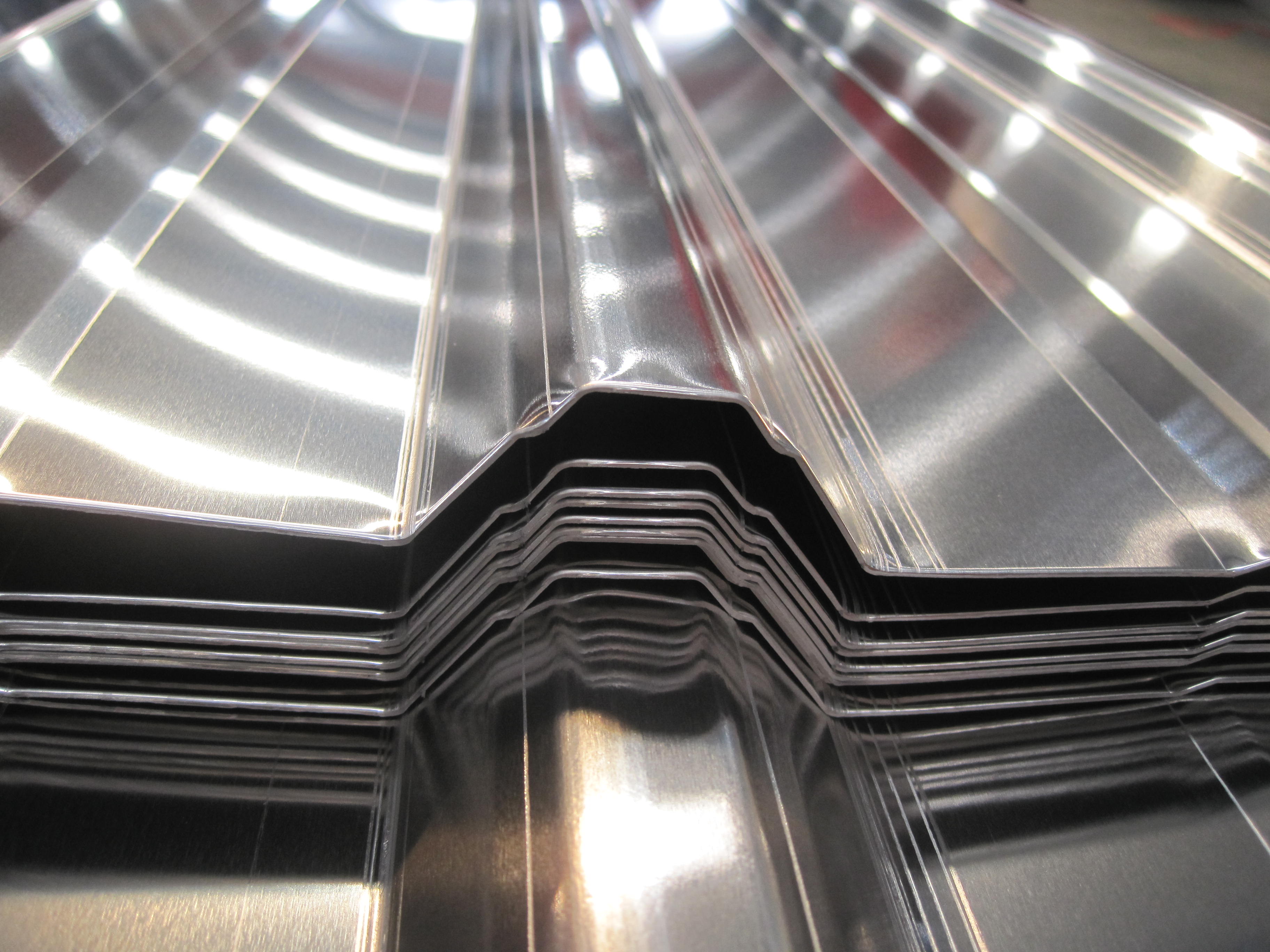
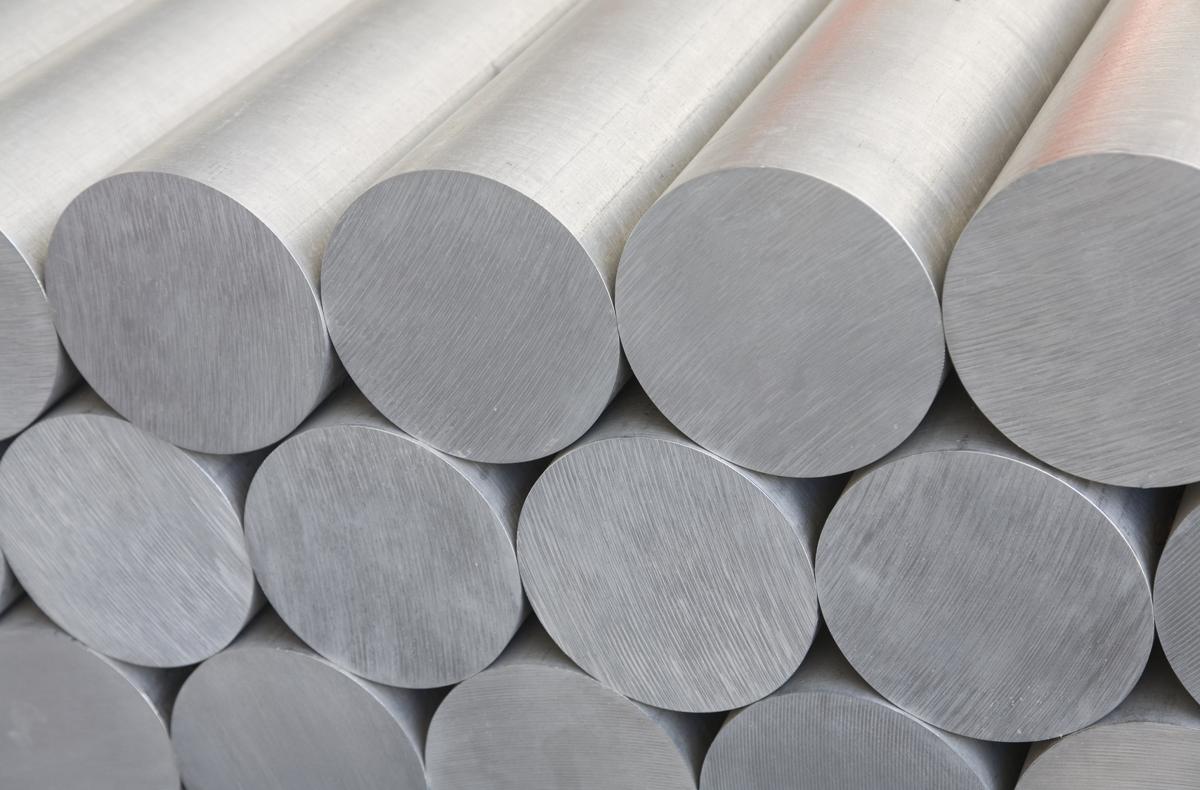
.jpg)
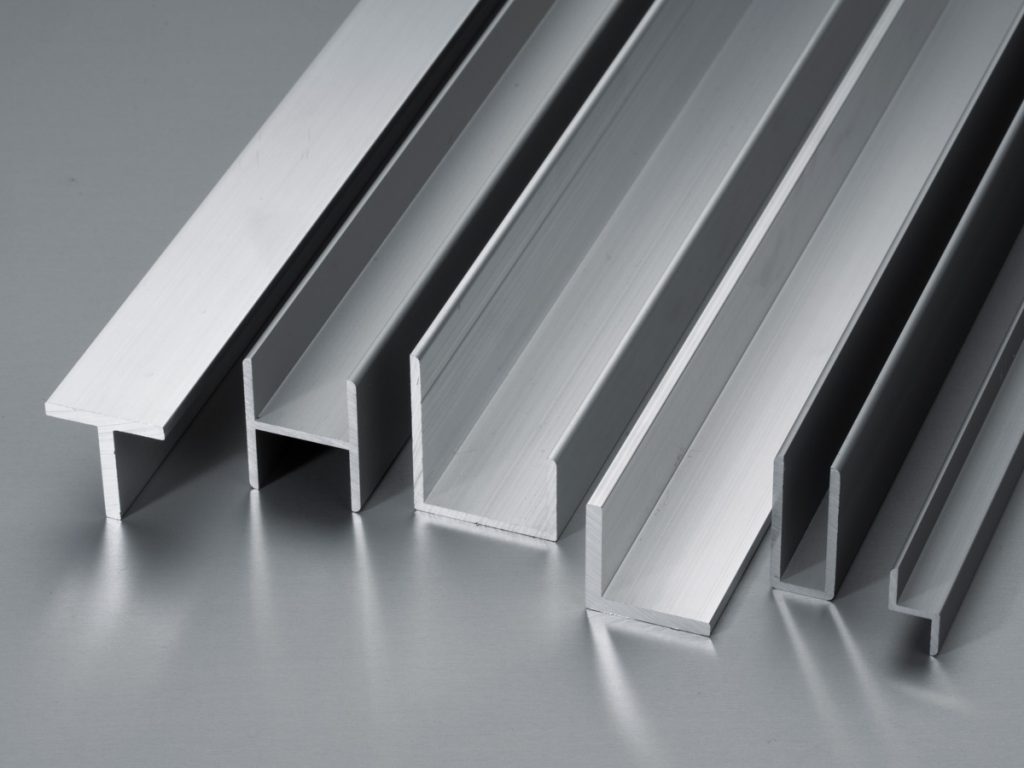


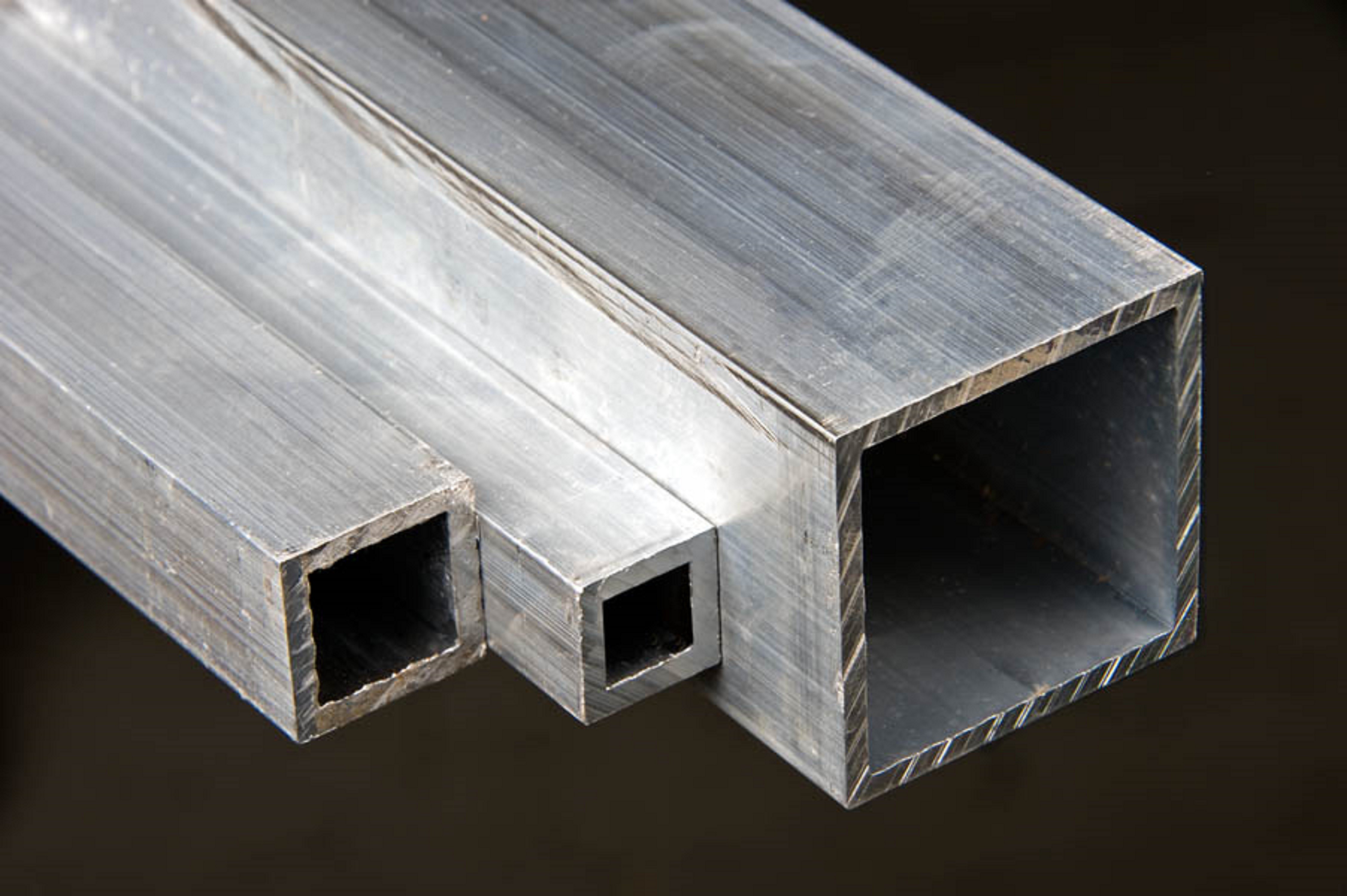
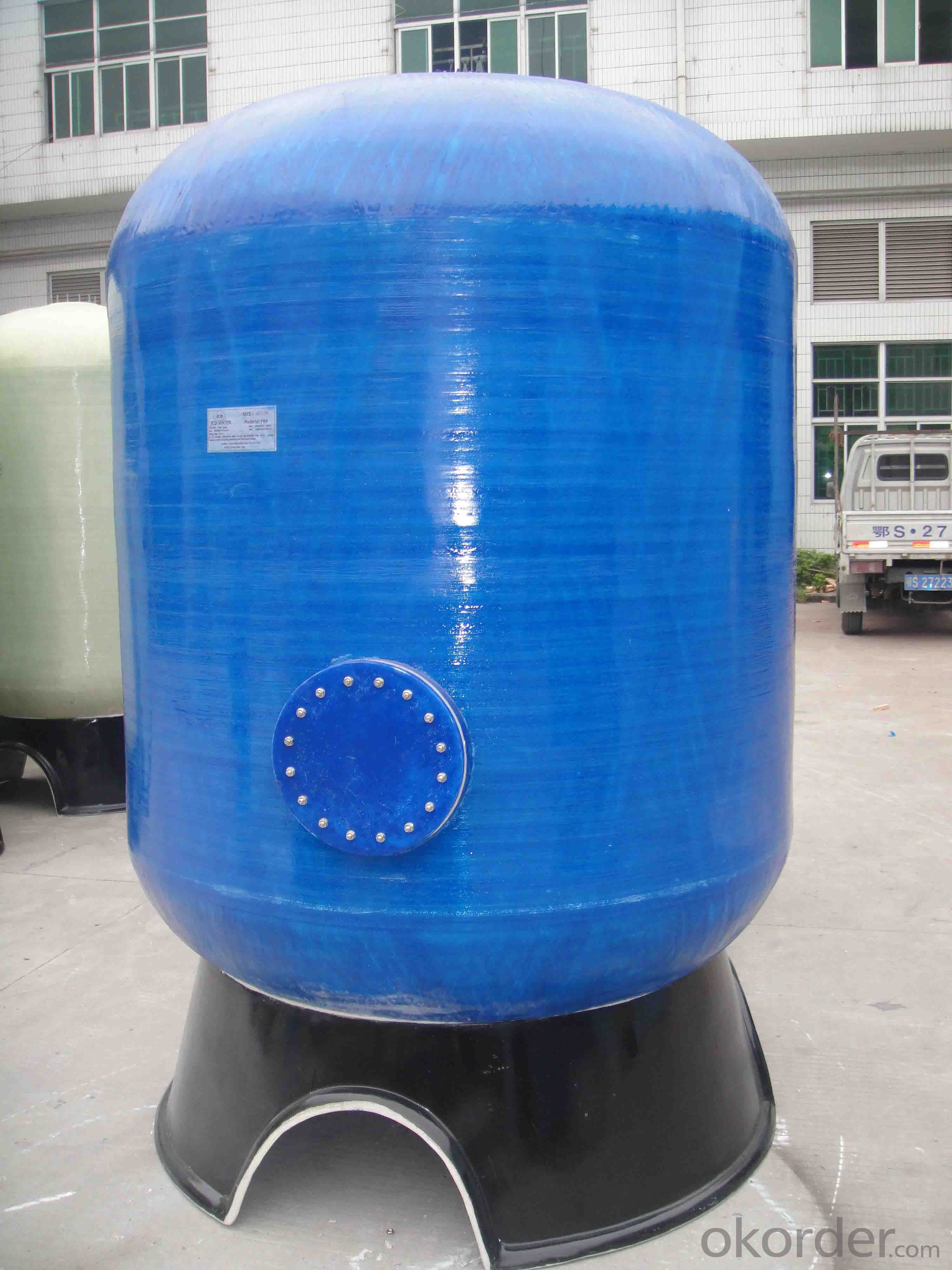


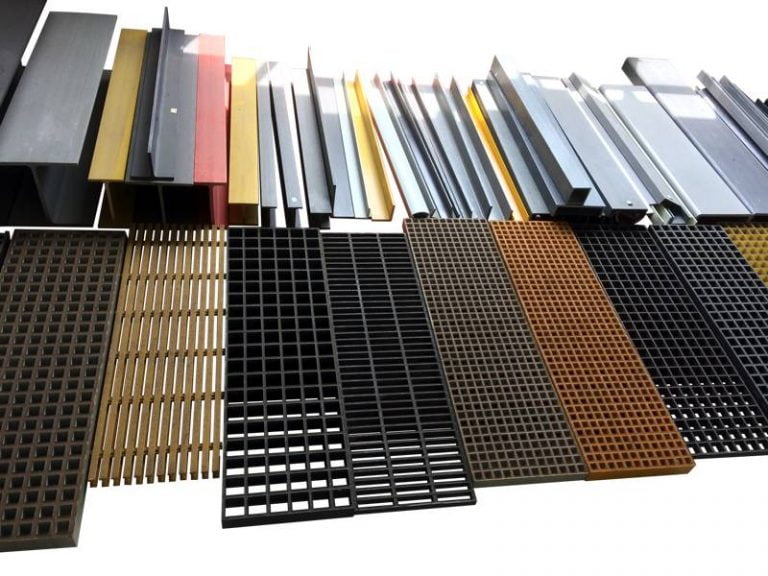



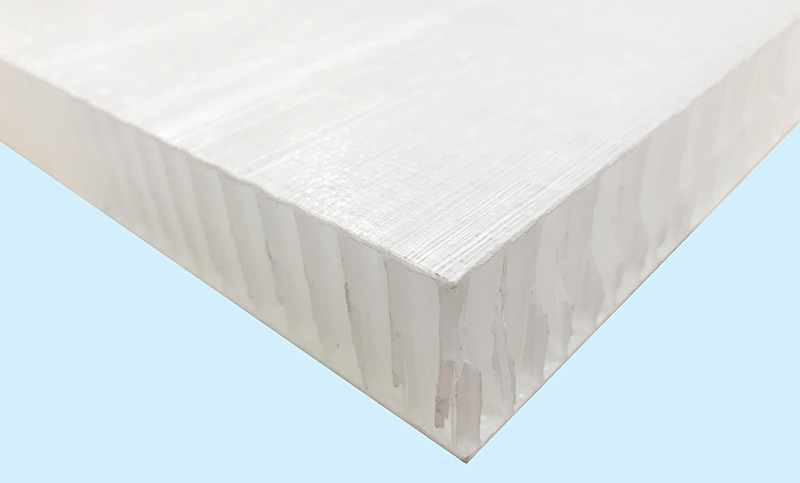
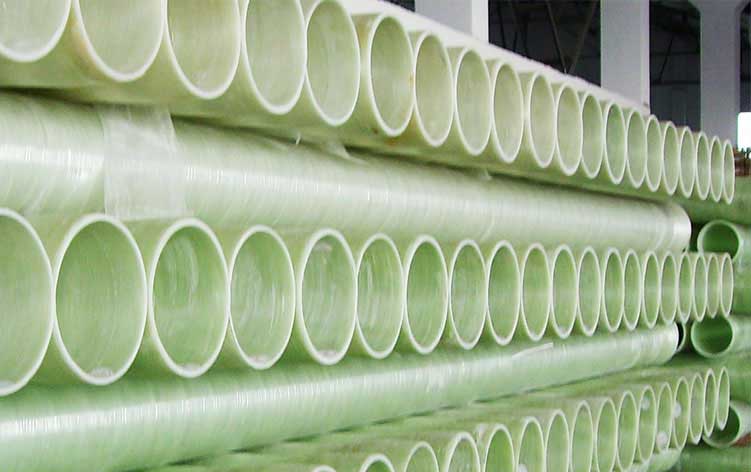
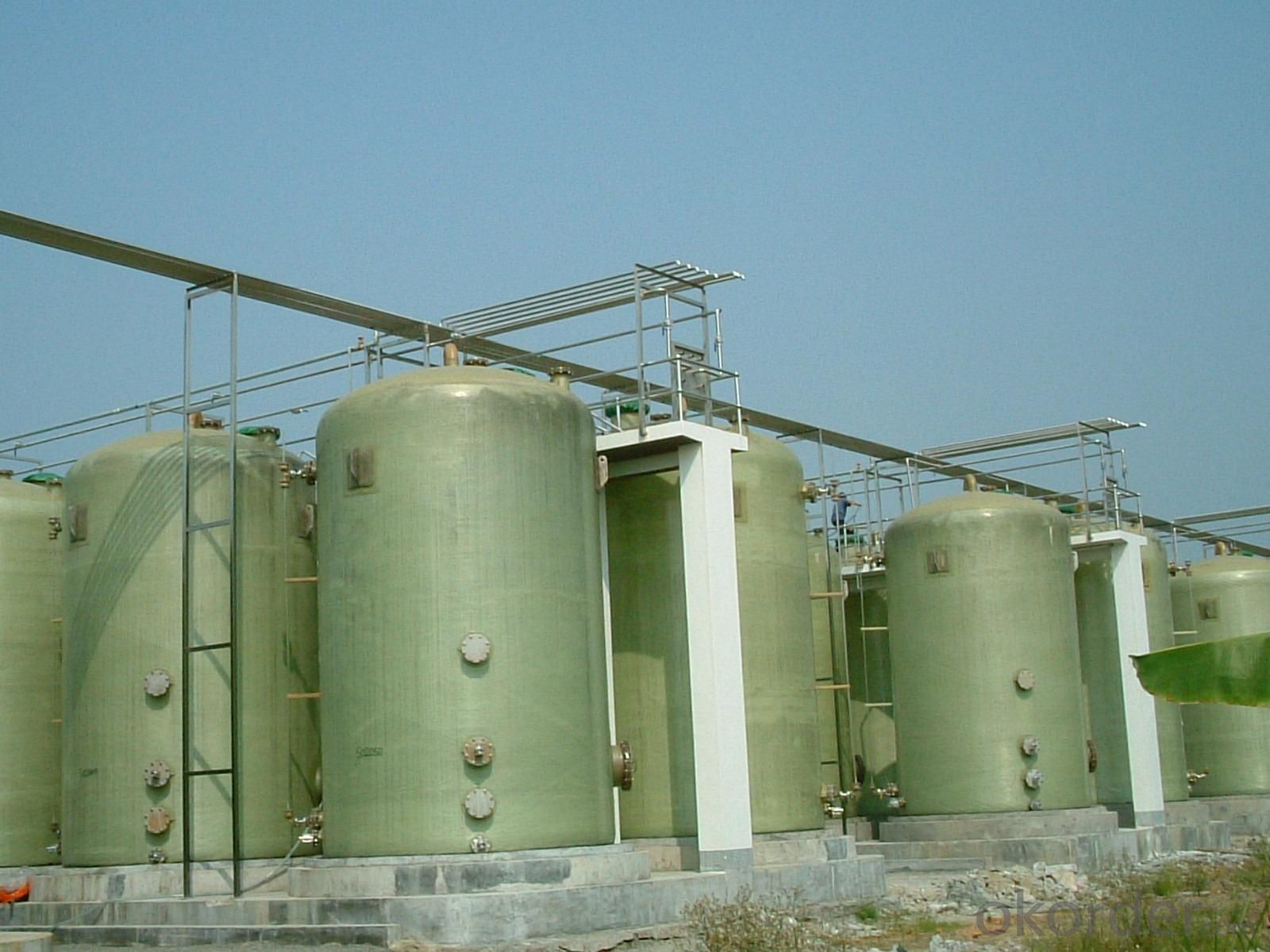




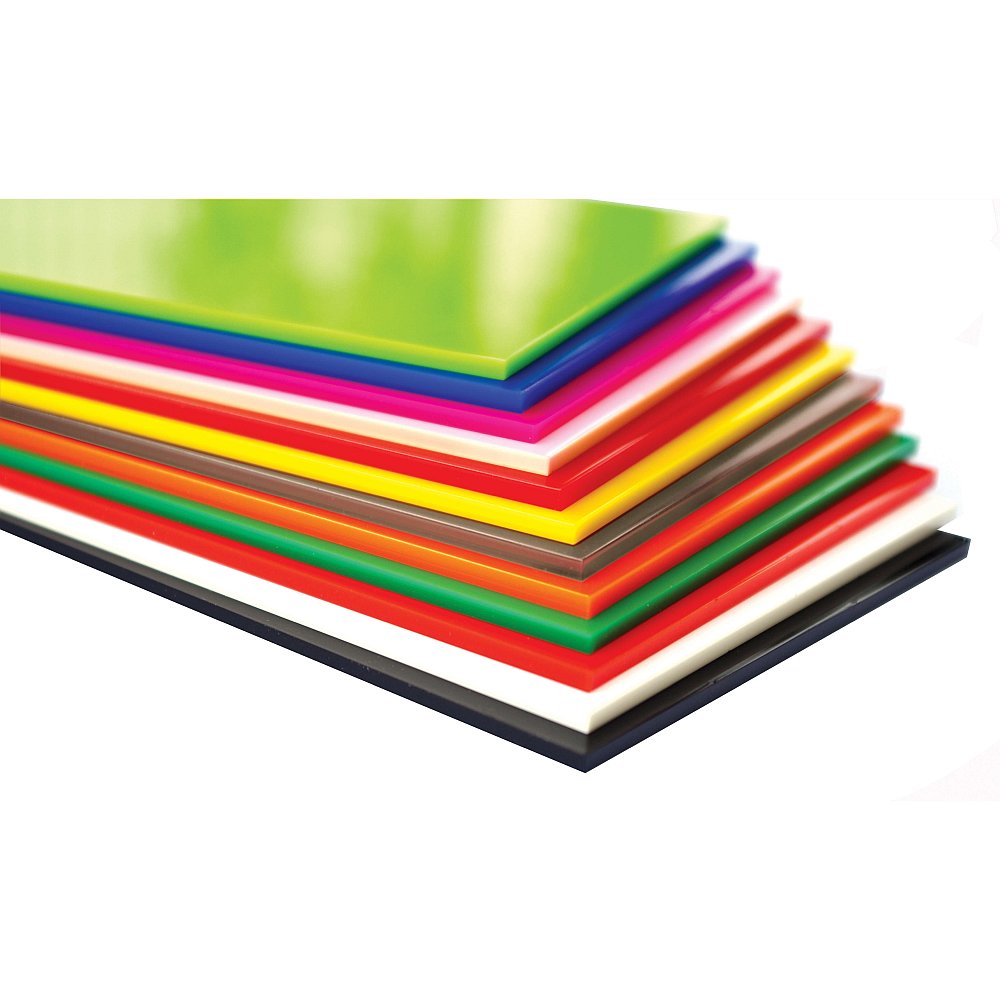
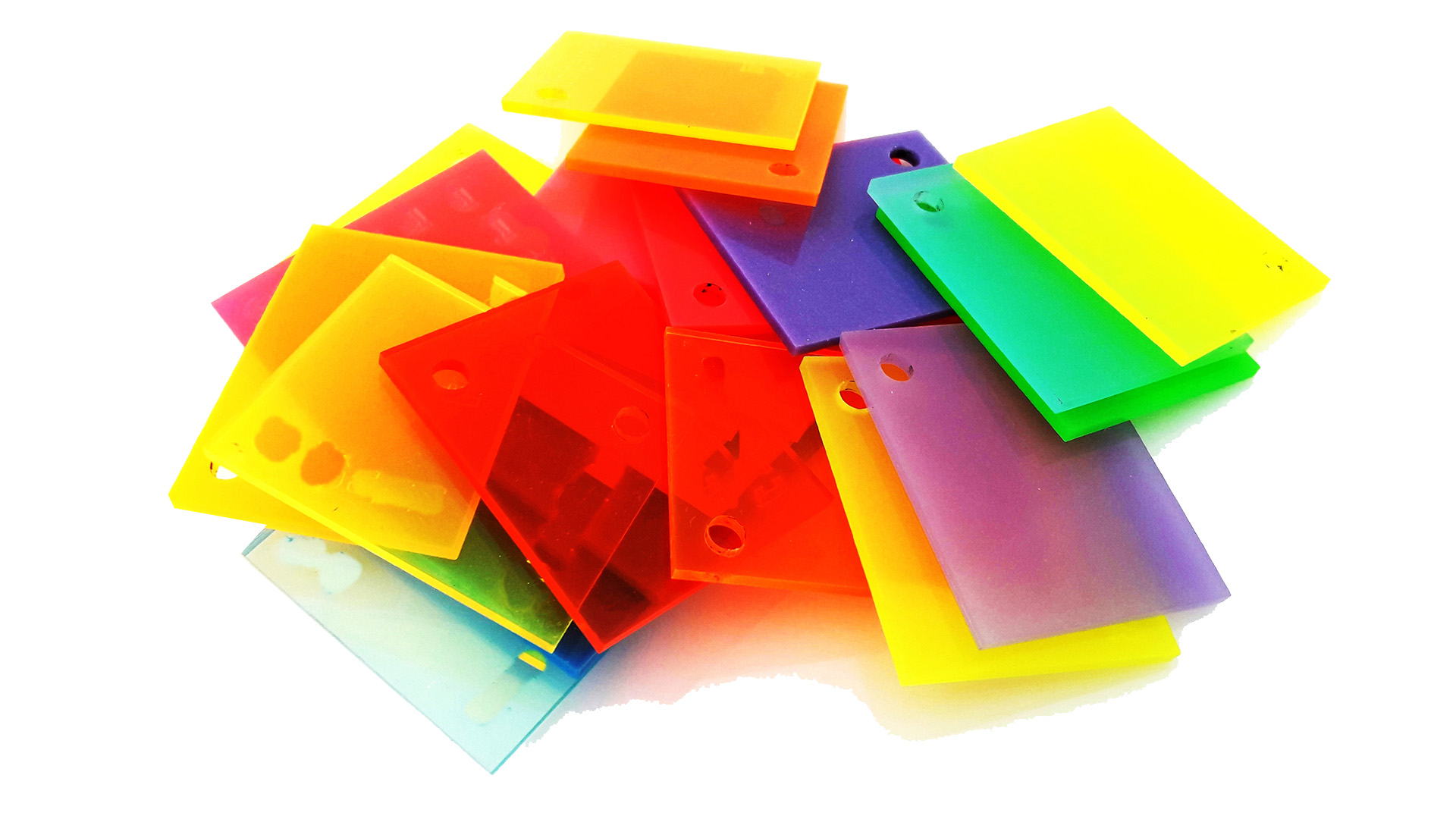
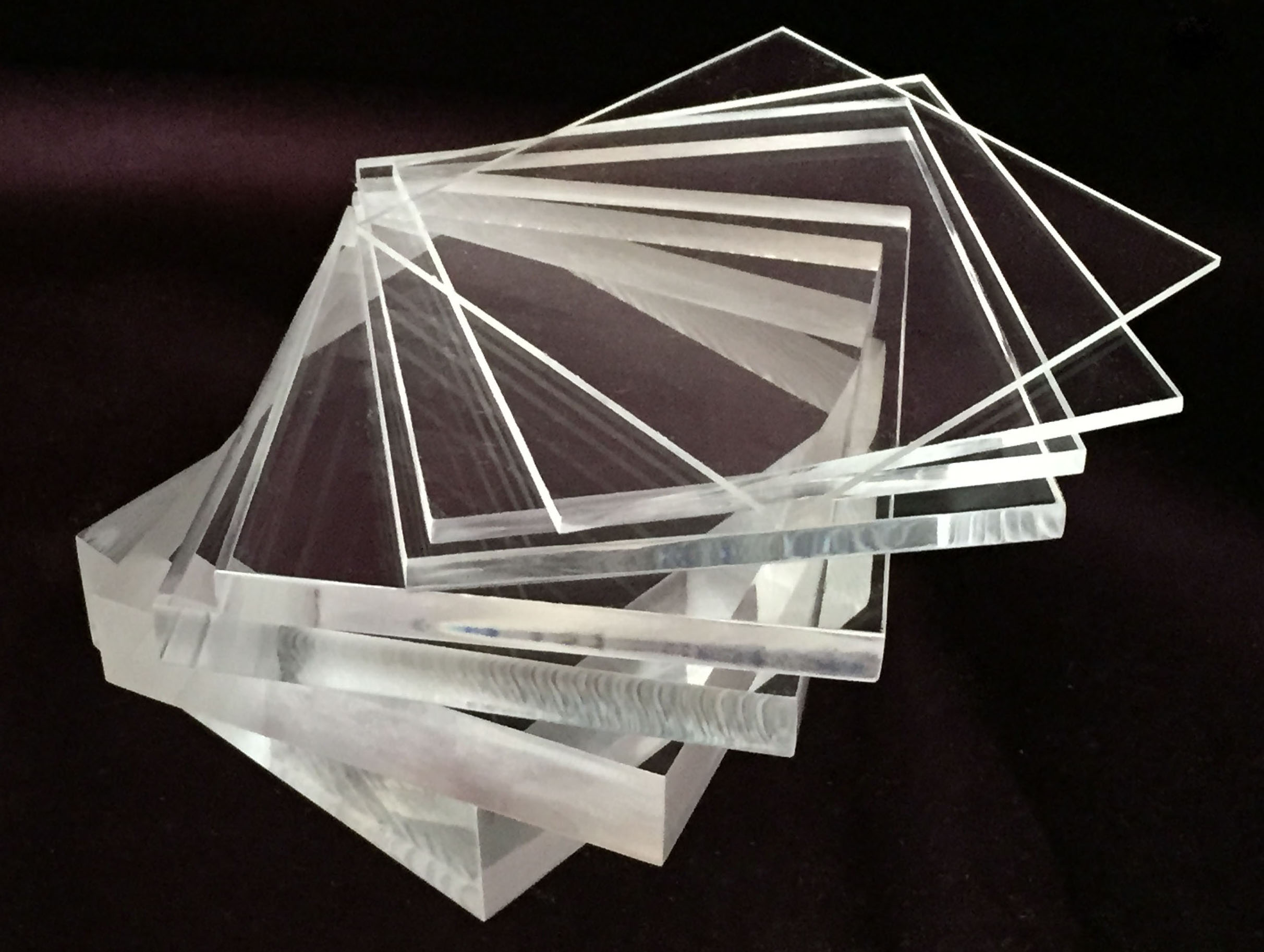
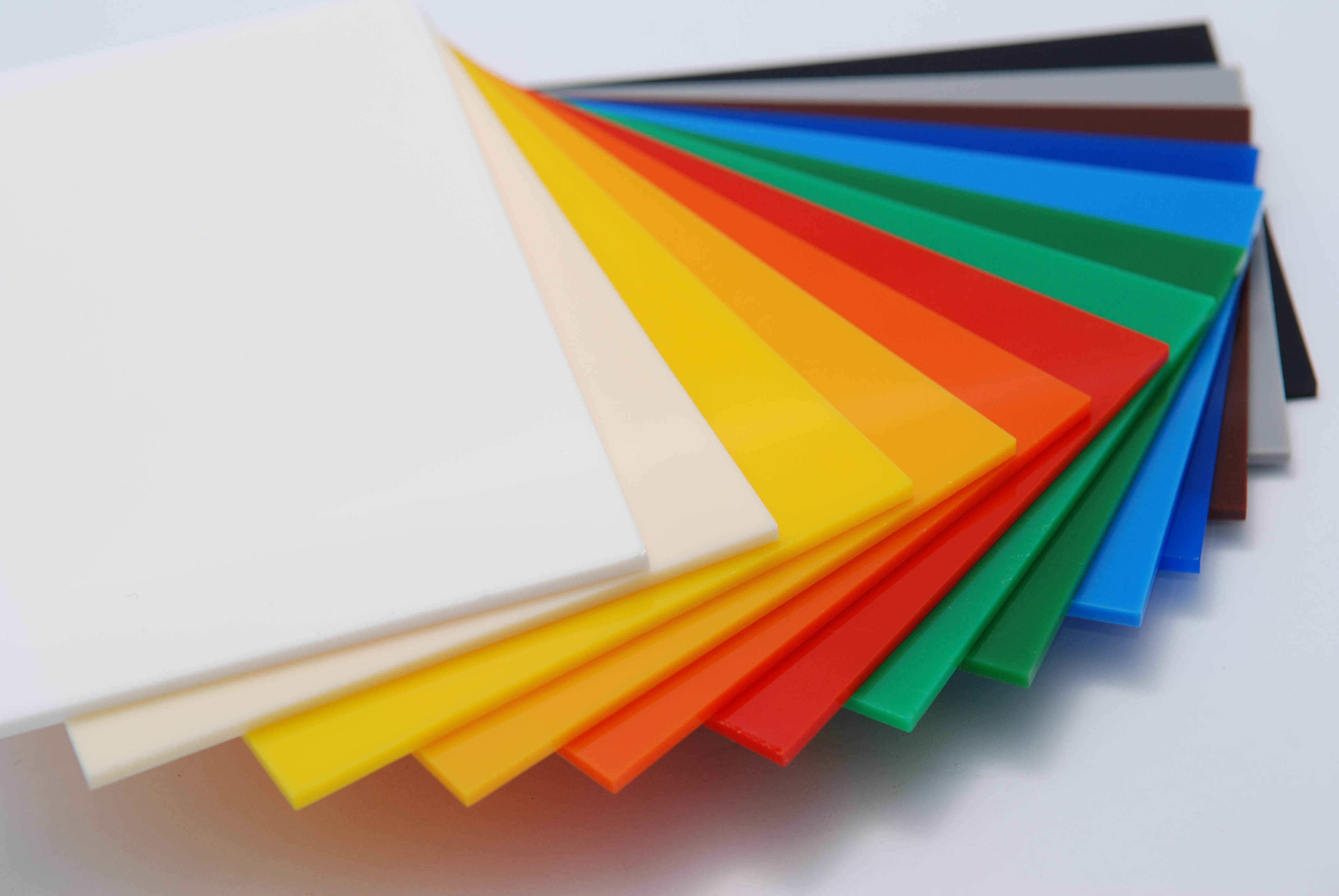
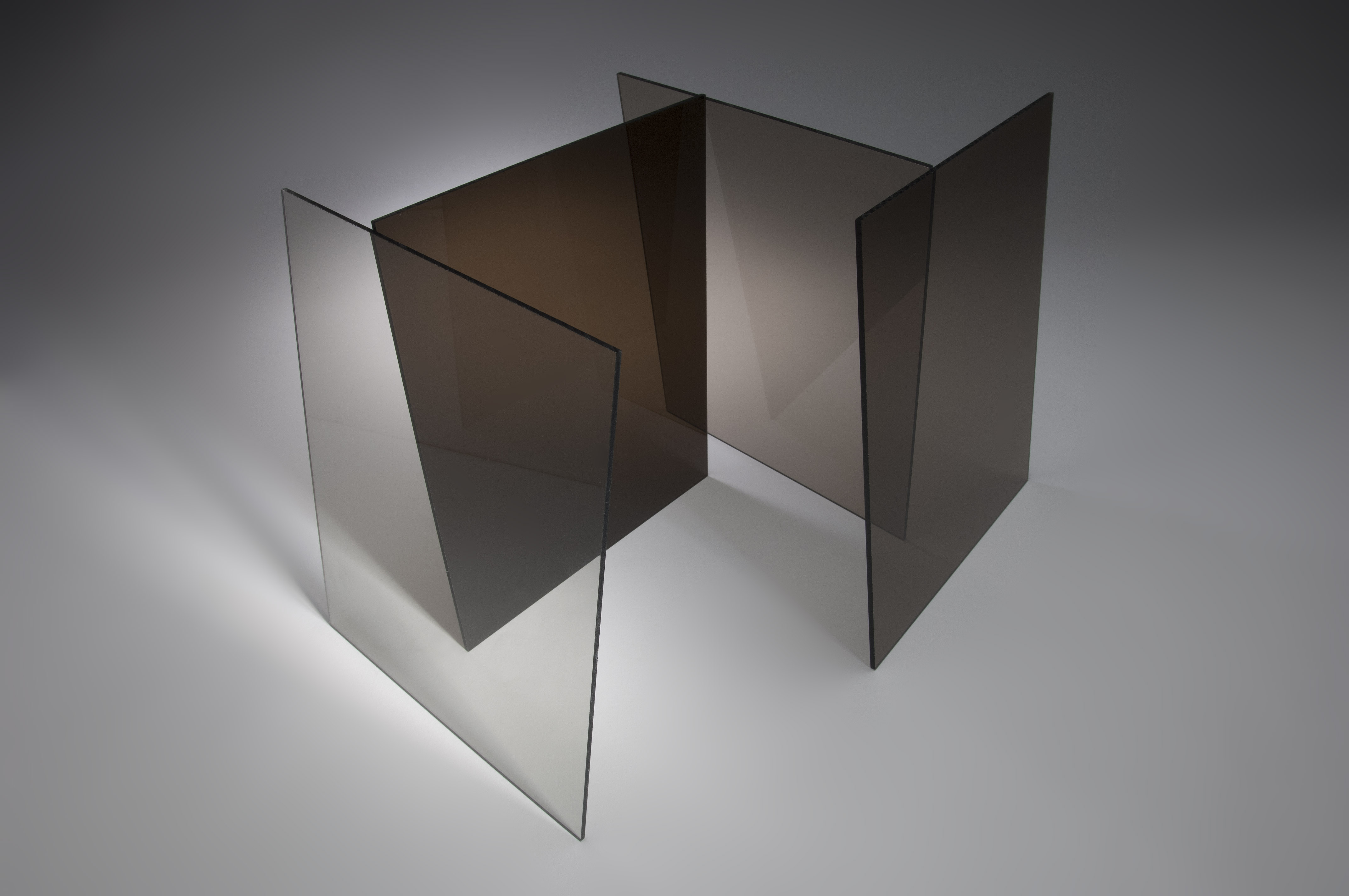
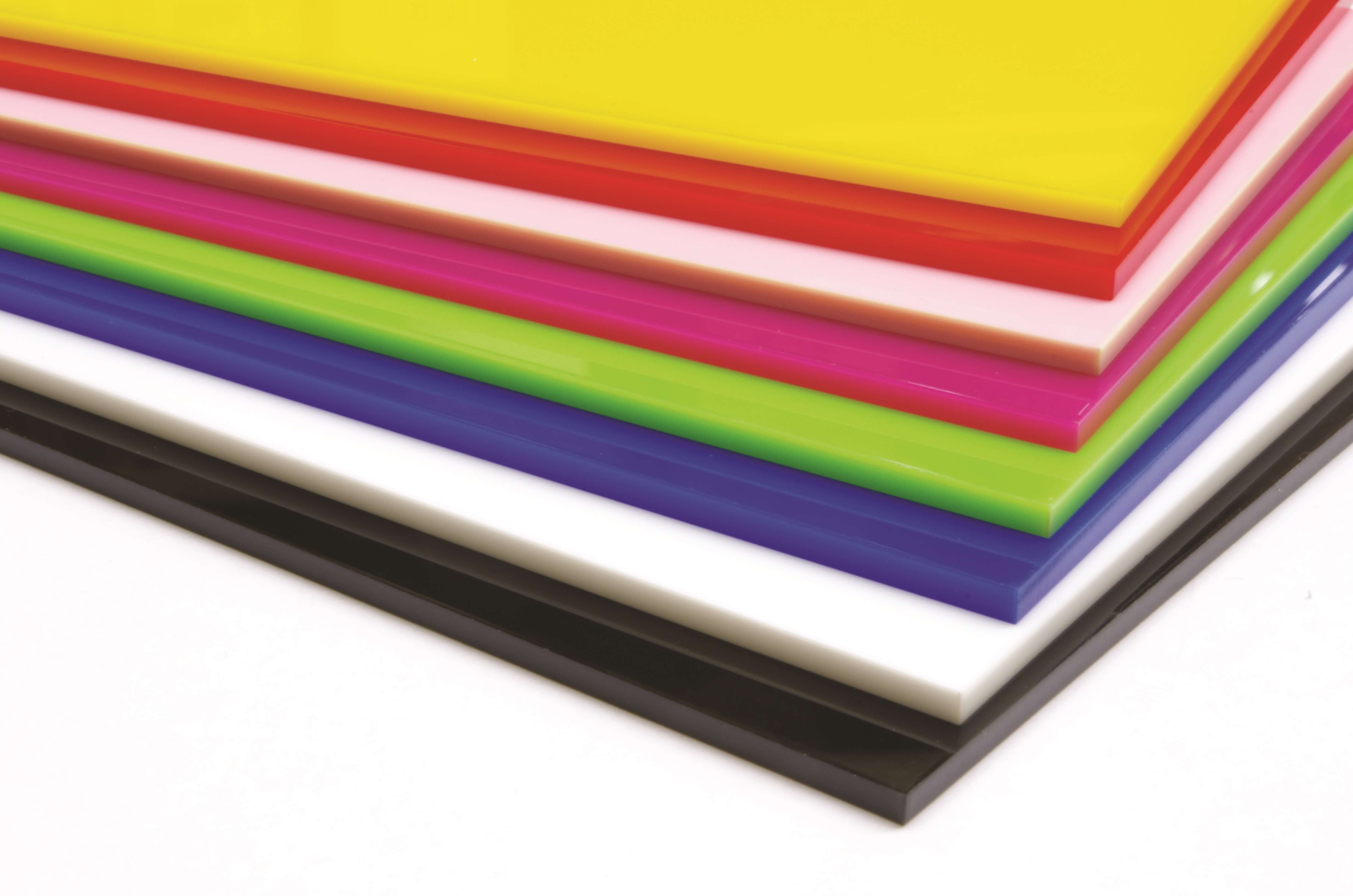
/acrylicpainttips_Beginners-56a6e7a65f9b58b7d0e56af3.jpg)
